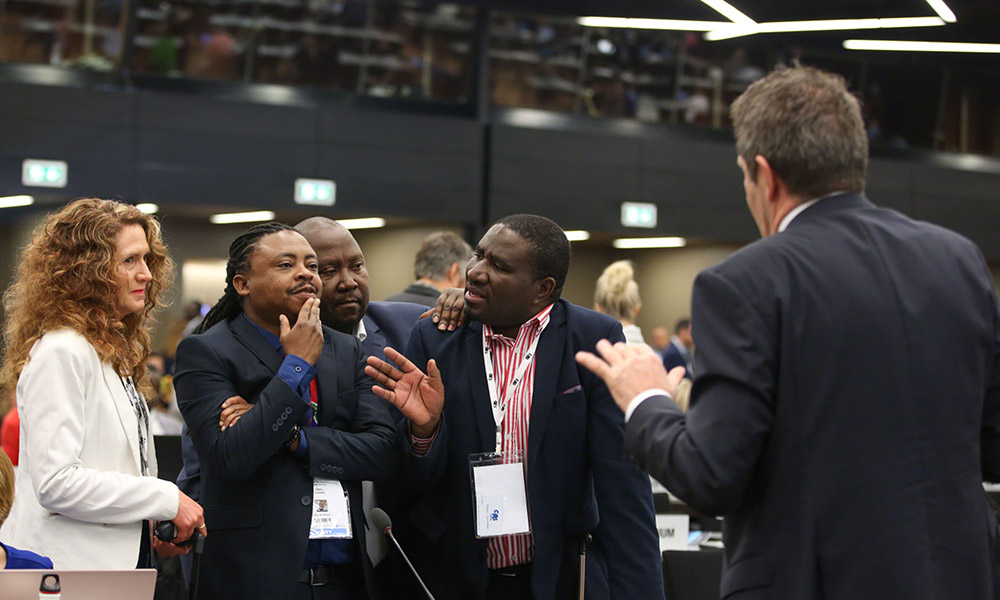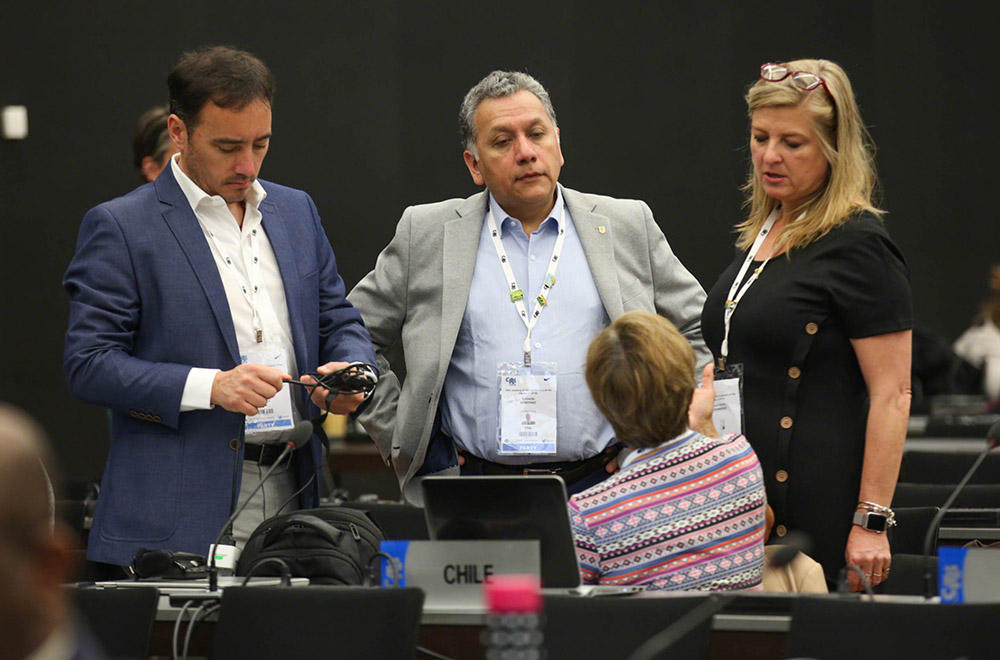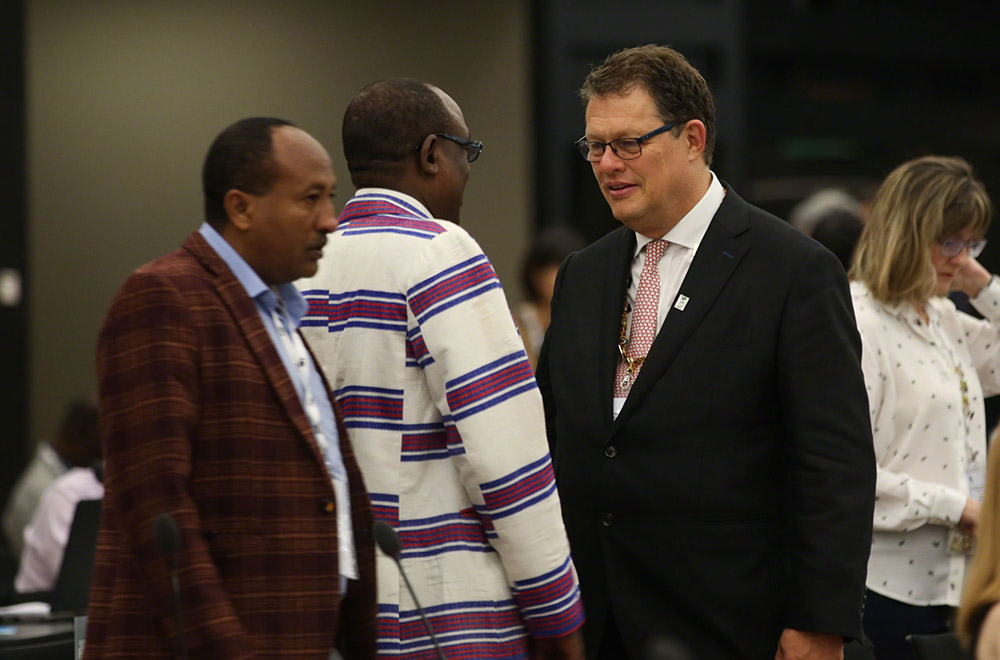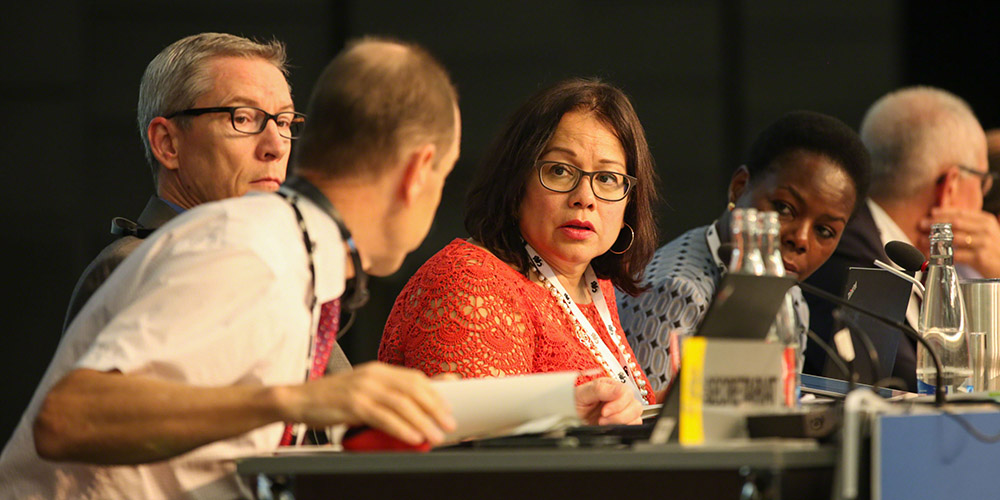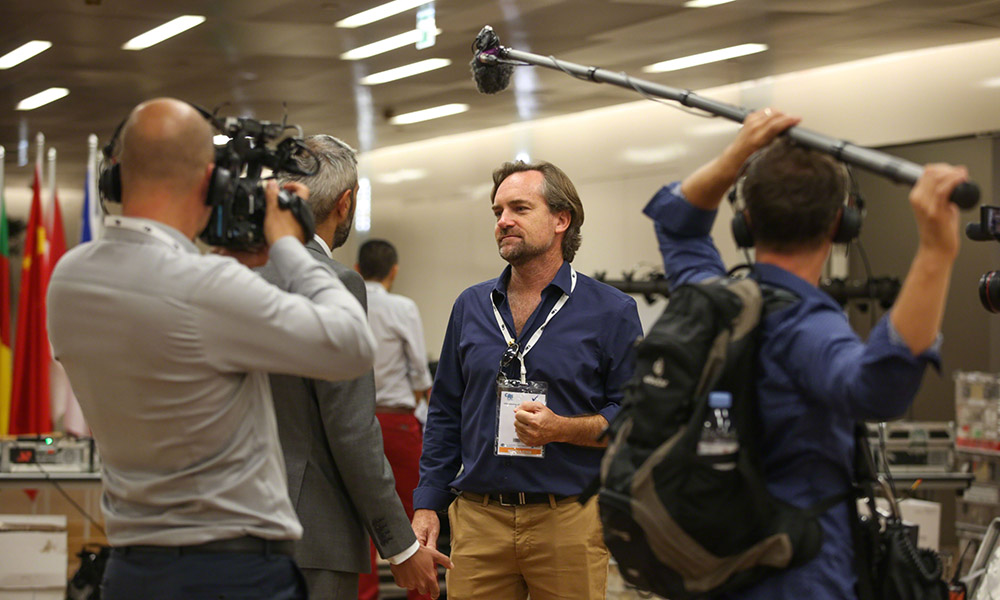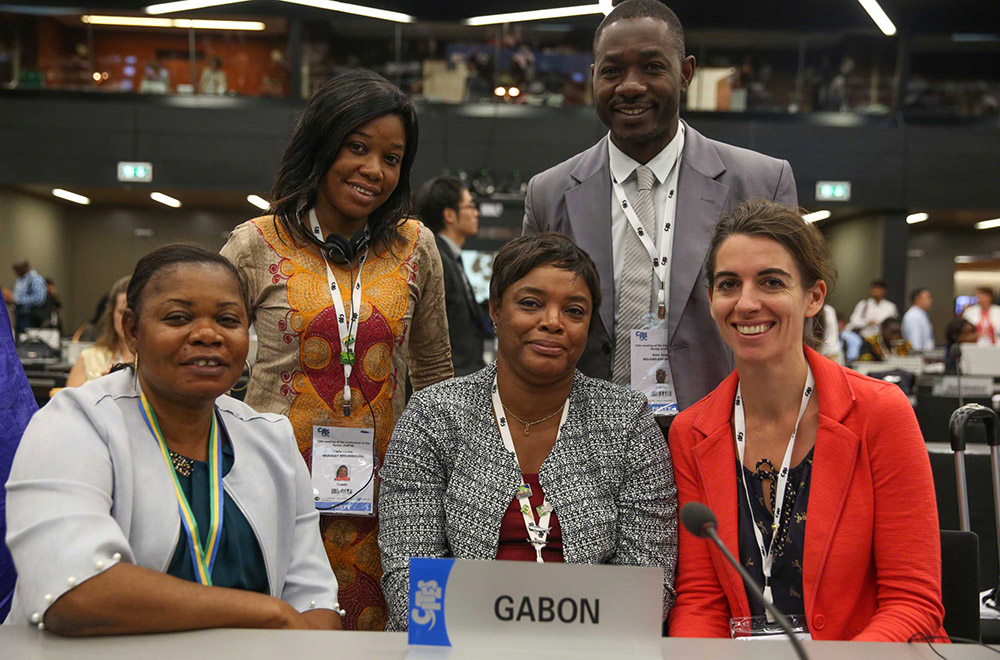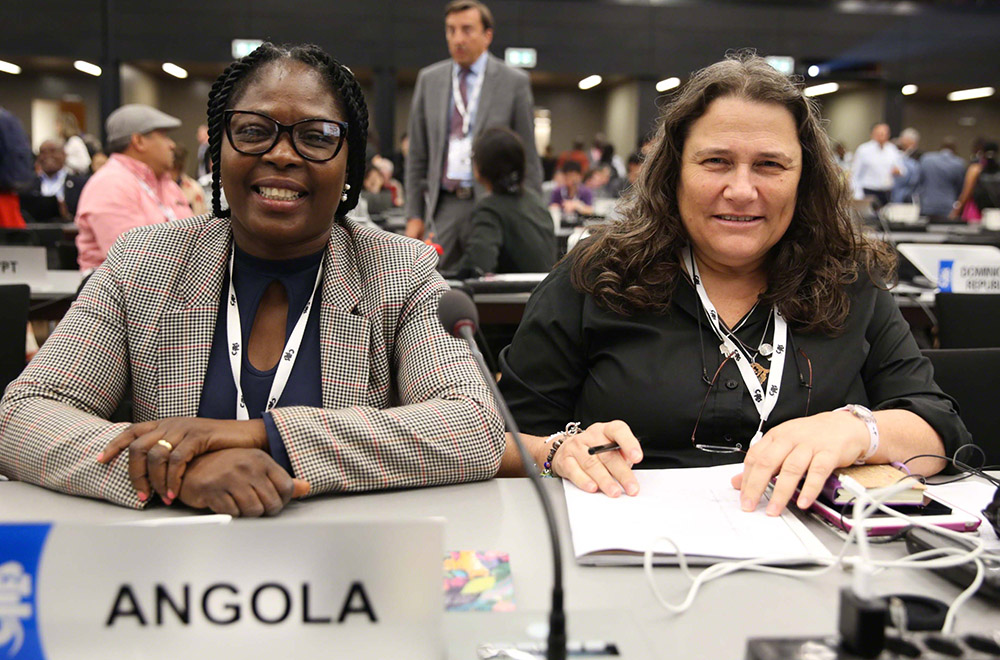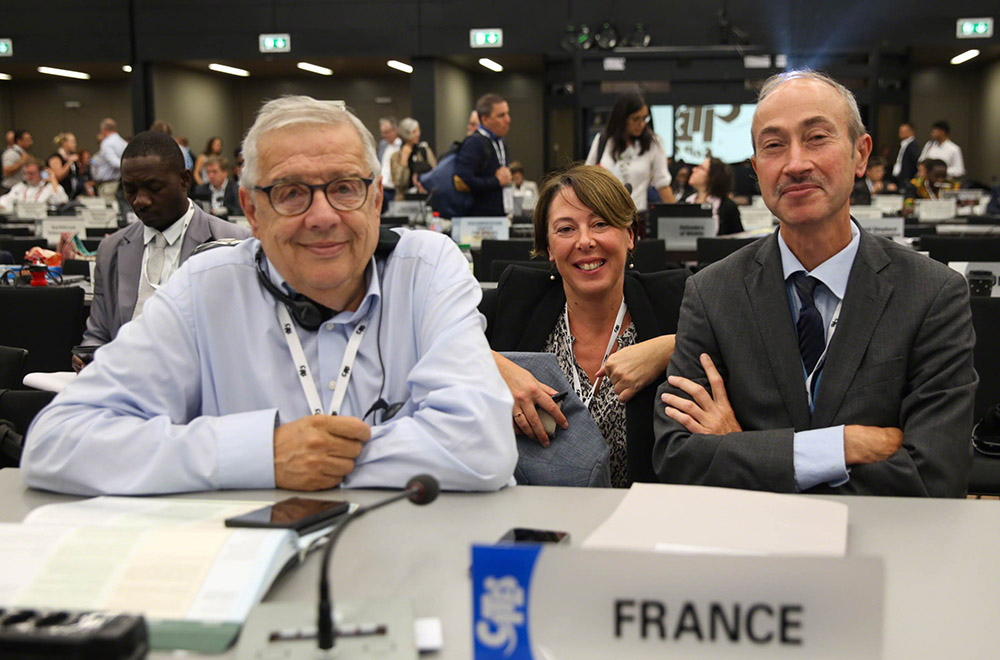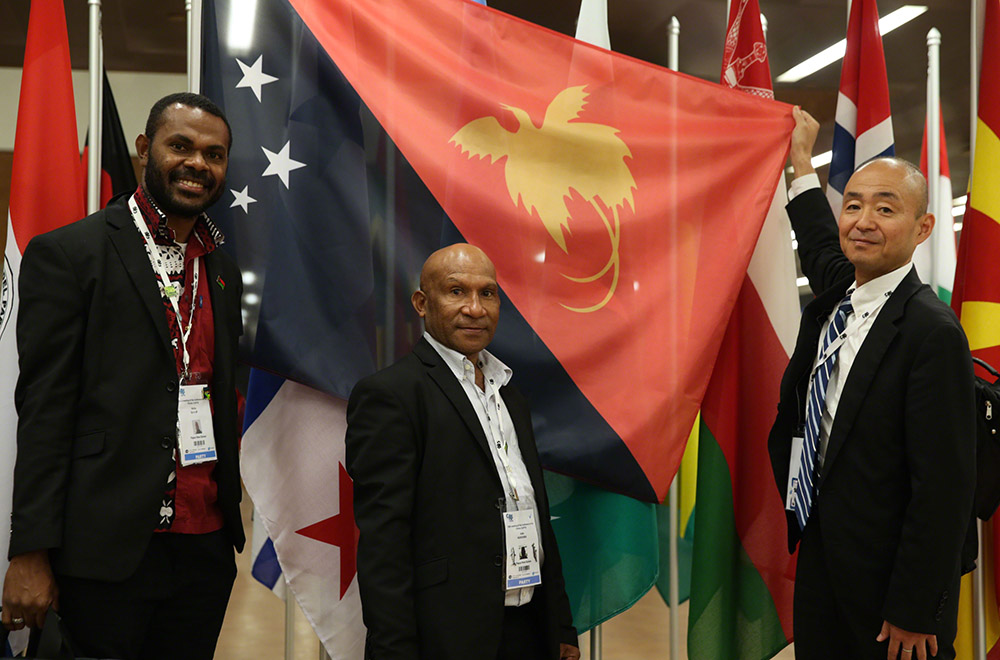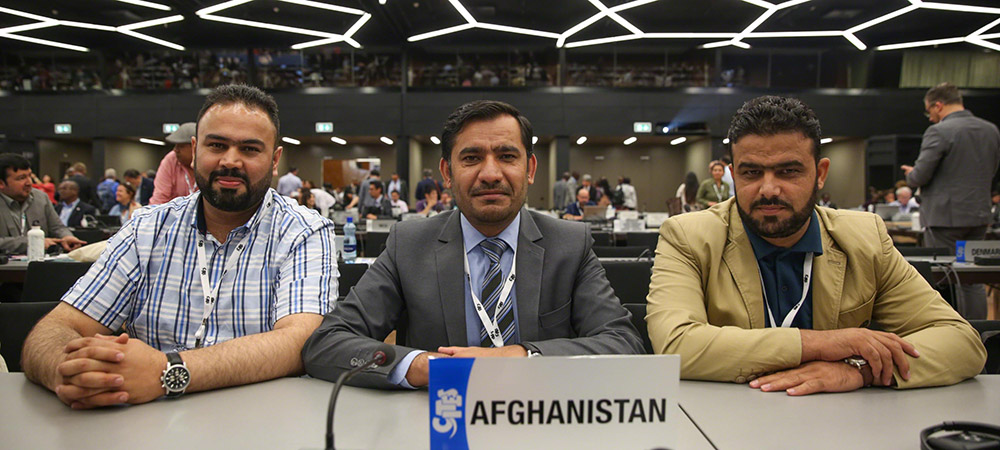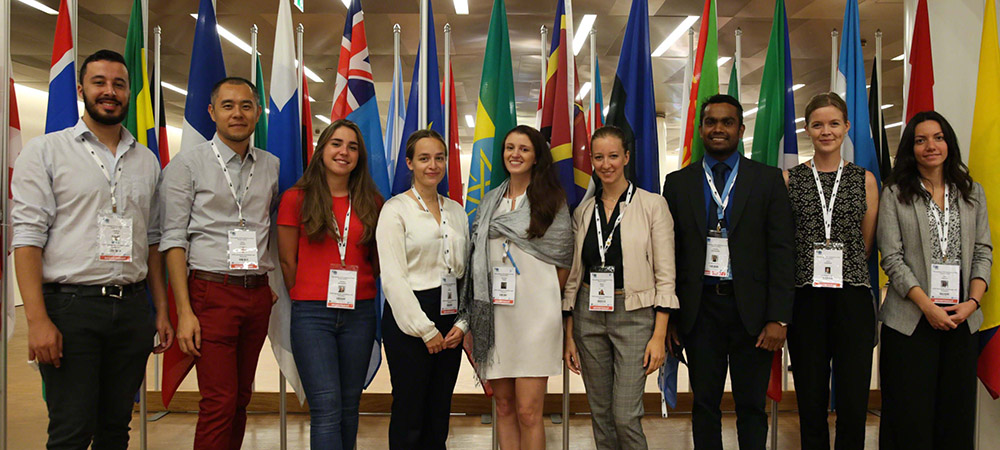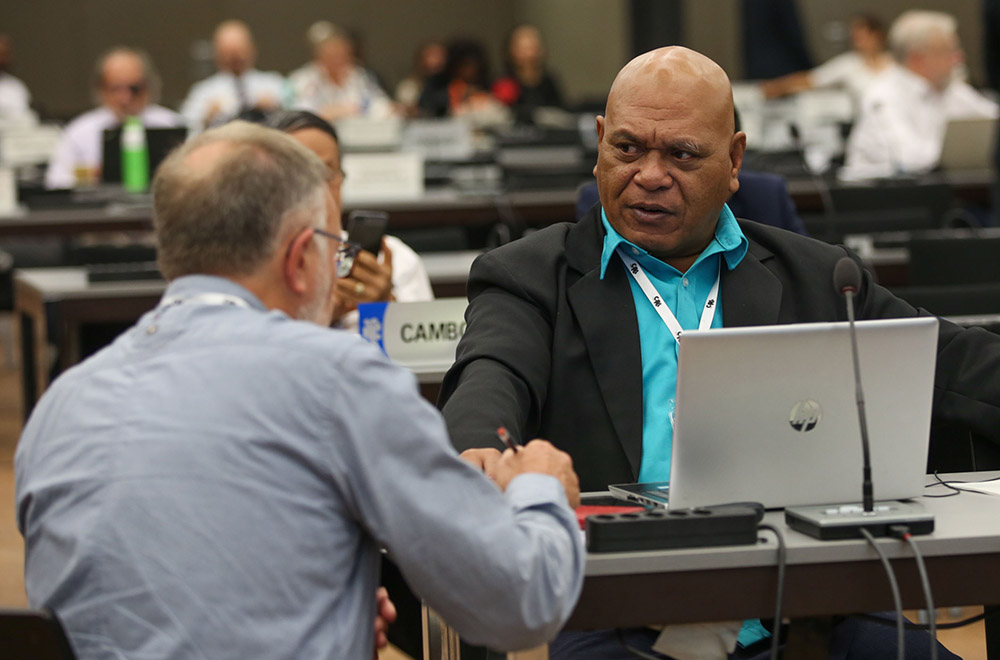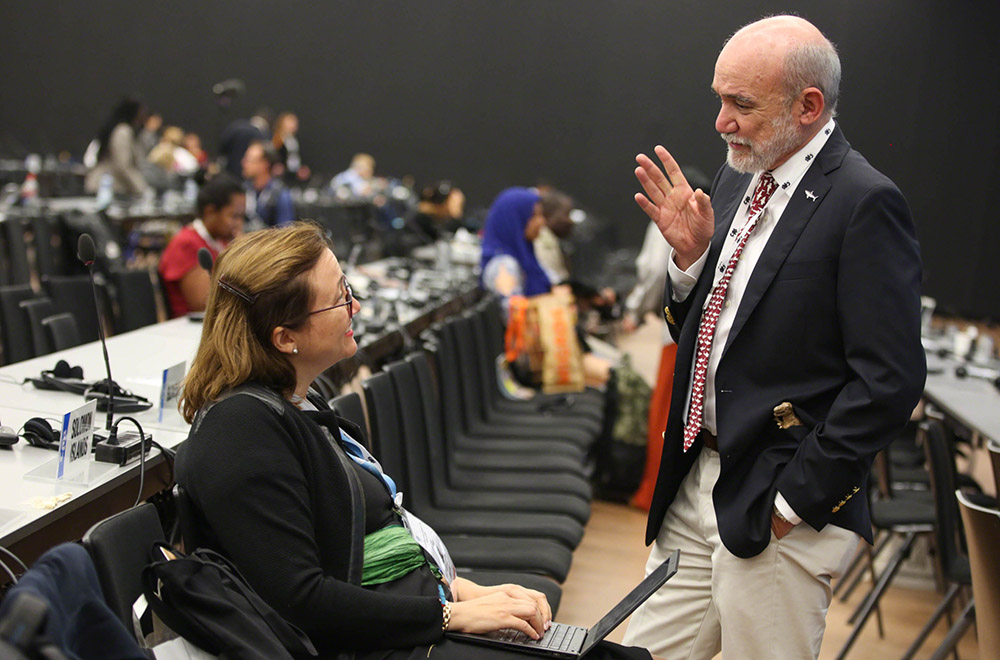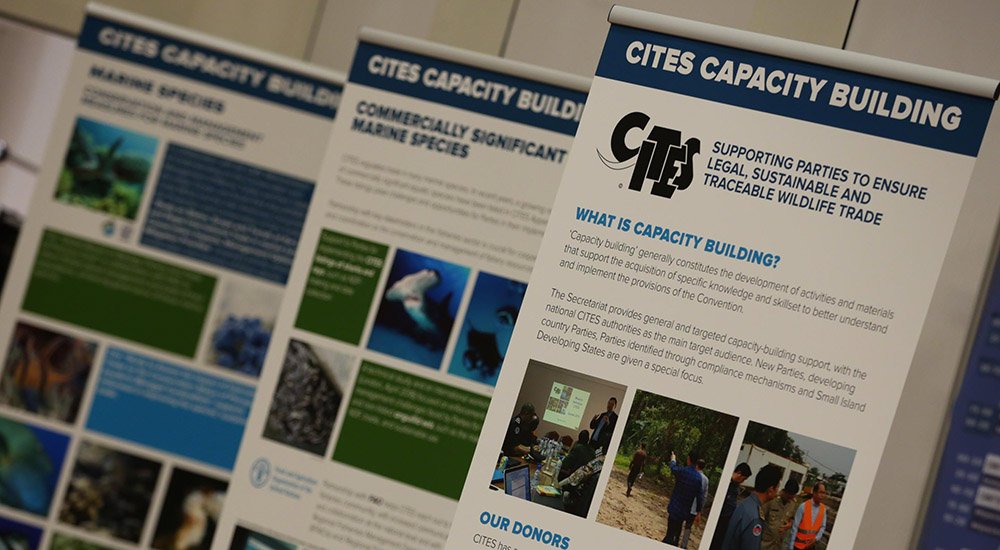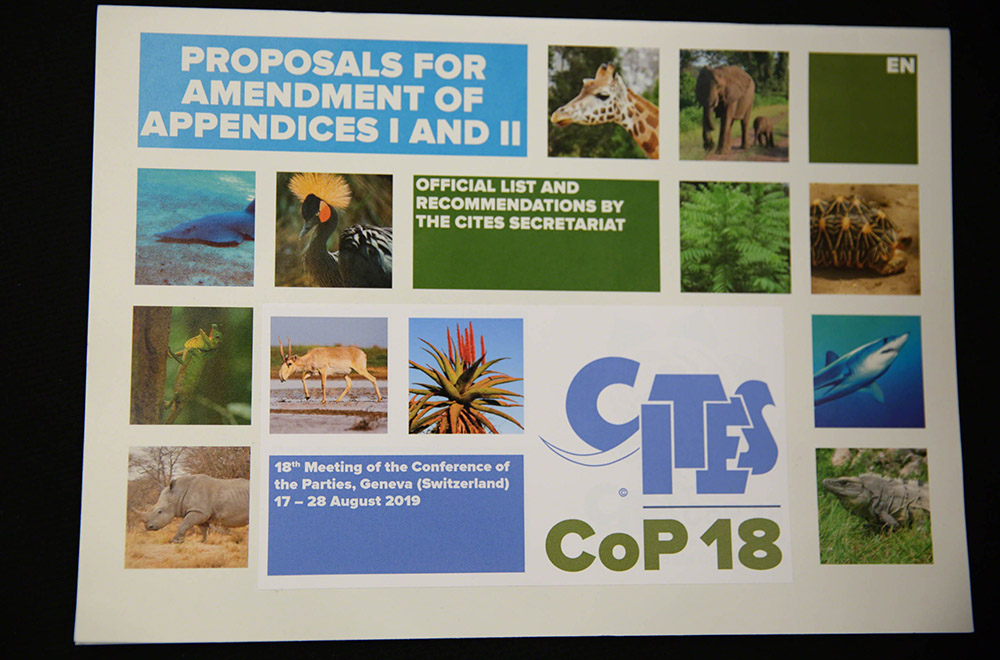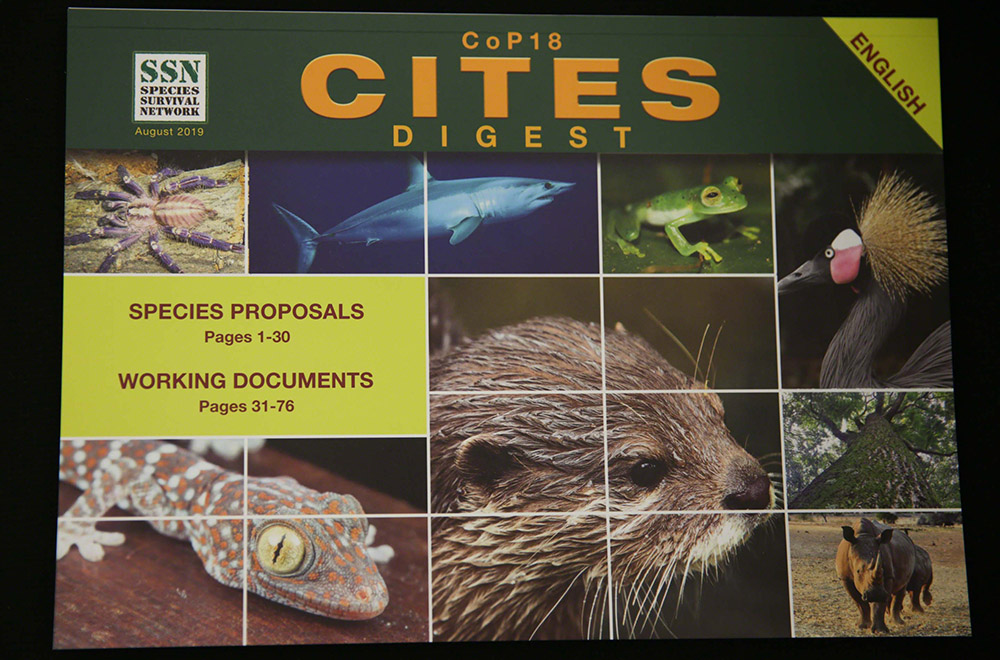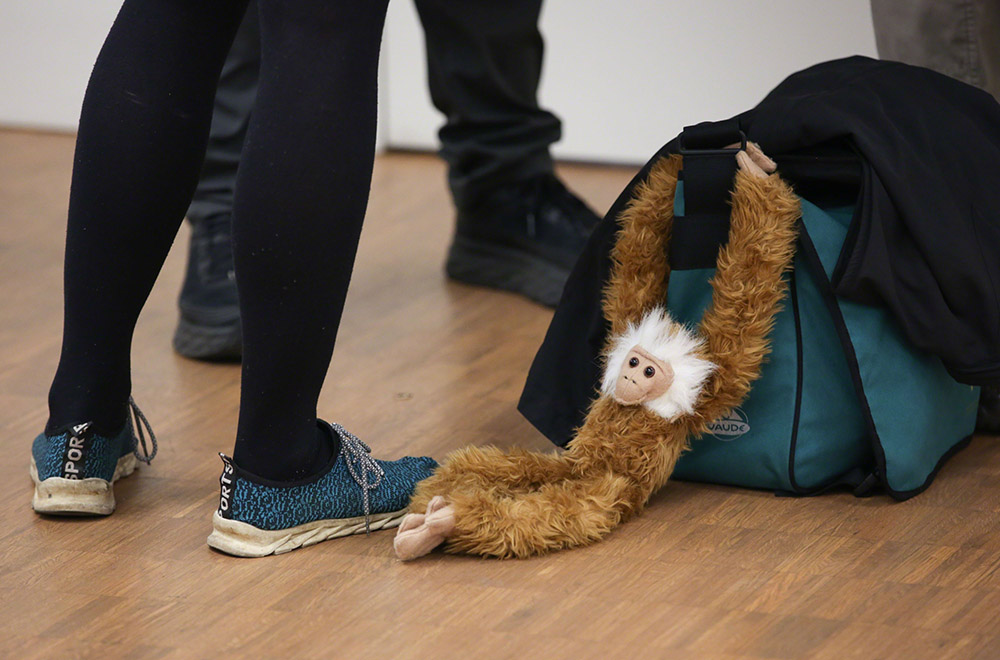Summary
Highlights for Tuesday, 27 August 2019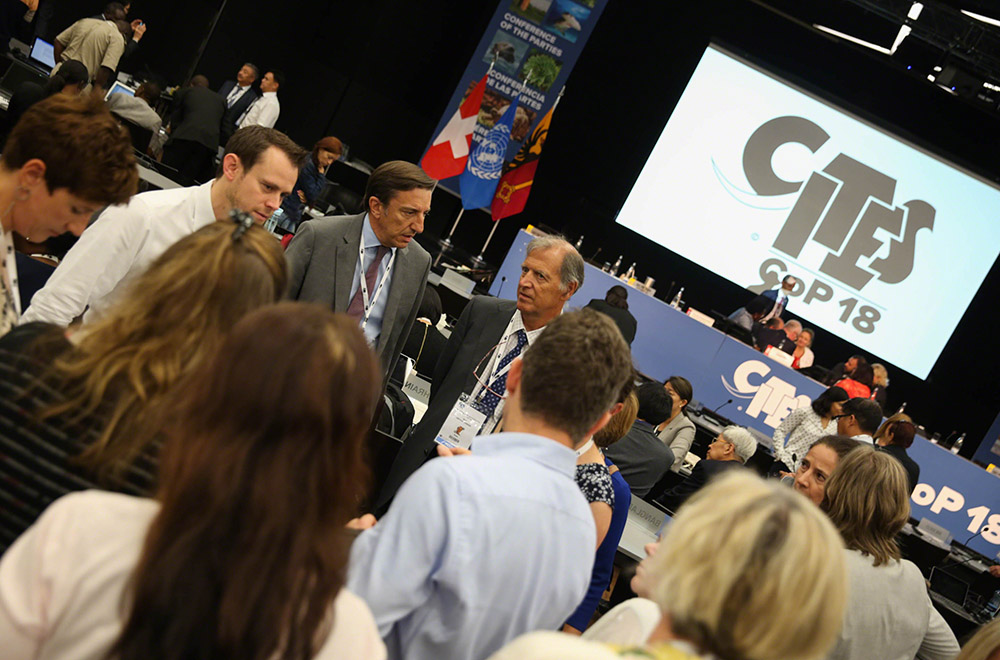
The day began with many firsts as the plenary swiftly completed its morning agenda and entered new territory in the interpretation of Article XVIII on the Resolution of Disputes. The EU, supported by the Democratic Republic of the Congo, and opposed by Costa Rica, requested to reopen discussion on the Committee’s decision to accept the draft amendments to Resolution Conf. 11.20 (Rev. CoP17) concerning trade in live wild-caught elephants.While supporting the intent of the original proponents, the EU noted areas of concern and suggested several amendments to ensure: provisions for ex situ to ex situ movement of older animals originally from the wild, scrutiny by relevant CITES scientific and management authorities, and under exceptional circumstances or emergencies, transfer of wild animals to ex situ destinations.Zimbabwe, supported by eSwatini, Zambia, Namibia, and other southern African countries, invoked Article XVIII of the Convention, declaring a dispute with the proponents of the originally proposed amendments and the EU, arguing that the proposed amendments were a “backdoor attempt” to amend the annotation to Appendix II-listed African elephants. The Secretariat suggested that the dispute be addressed following a vote on the EU’s proposed amendments, noting that this was the first time in the history of the Convention that this mechanism had been invoked. The Chair adjourned the morning session early to discuss this issue.At the beginning of the afternoon session, Zimbabwe expressed concern that their dispute had not been adequately addressed in the course of debate. The EU reiterated that their proposed amendments represent a positive and transparent way forward until further work is concluded and the issue revisited at CoP19. The Secretariat explained that Zimbabwe’s dispute concerned a proposal, rather than a decision that had been taken and thus advised that the CoP move forward with a vote. The CoP voted to adopt the amendments proposed by the EU, with 87 in favor and 25 against.The CoP adopted many listings proposals during the afternoon, as put forward by Committee I. Indonesia expressed concern that implementing the otter and Tokay gecko listings will require national processes that will involve time and resources, with up to 18 months required to implement the decision. She requested her statement be recorded.Costa Rica moved to open the debate on an Appendix II listing of glass frogs. Supported by India, Mali, Kenya, and Qatar, he expressed concern that many countries had not been present when the vote was taken. The EU argued that the listing would not be enforceable, as there are more than 104 species, and they are morphologically indistinguishable. The CoP voted on the proposal, with the result that 64.3% of Parties supported the listing, not reaching the two-thirds majority required to list glass frogs in Appendix II.The CoP adopted many proposals on administrative and strategic matters, as well as on interpretation and implementation of the Convention. Chair Hoover, upon the completion of Committee II’s agenda items, noted that all of these items had been decided through consensus. He expressed gratitude for the Committee’s great spirit of collaboration and compromise, both of which, he argued, are key strengths of the Convention.The plenary will continue to discuss Committee I agenda items on Wednesday, the final day of CITES CoP18.
IISD Reporting Services, through its ENB Meeting Coverage, provided daily web coverage and a summary and analysis report from CITES CoP18.
Photos by IISD/ENB | Kiara Worth
For photo reprint permissions, please follow instructions at our Attribution Regulations for Meeting Photo Usage Page.
Morning Plenary
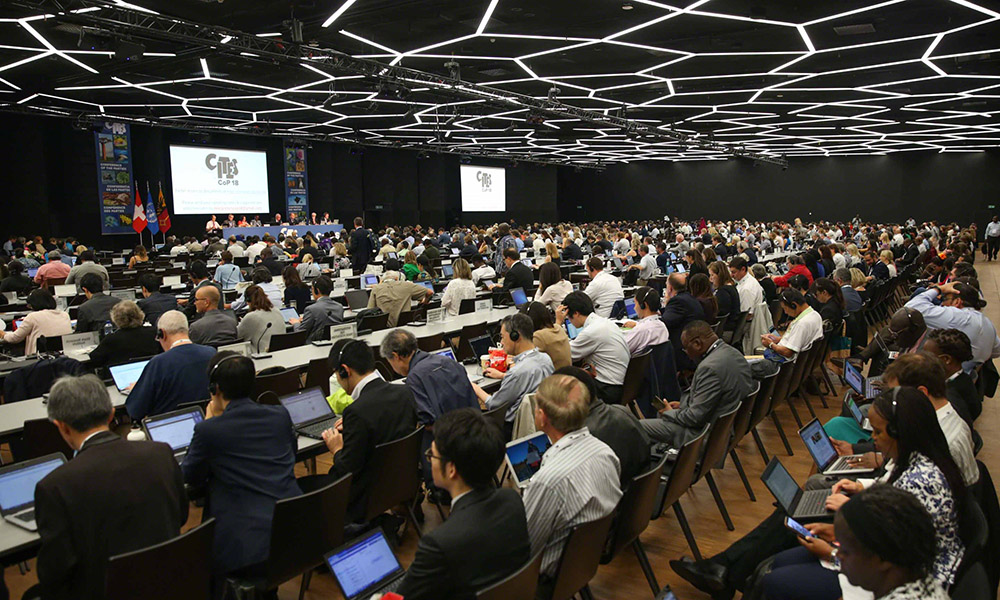
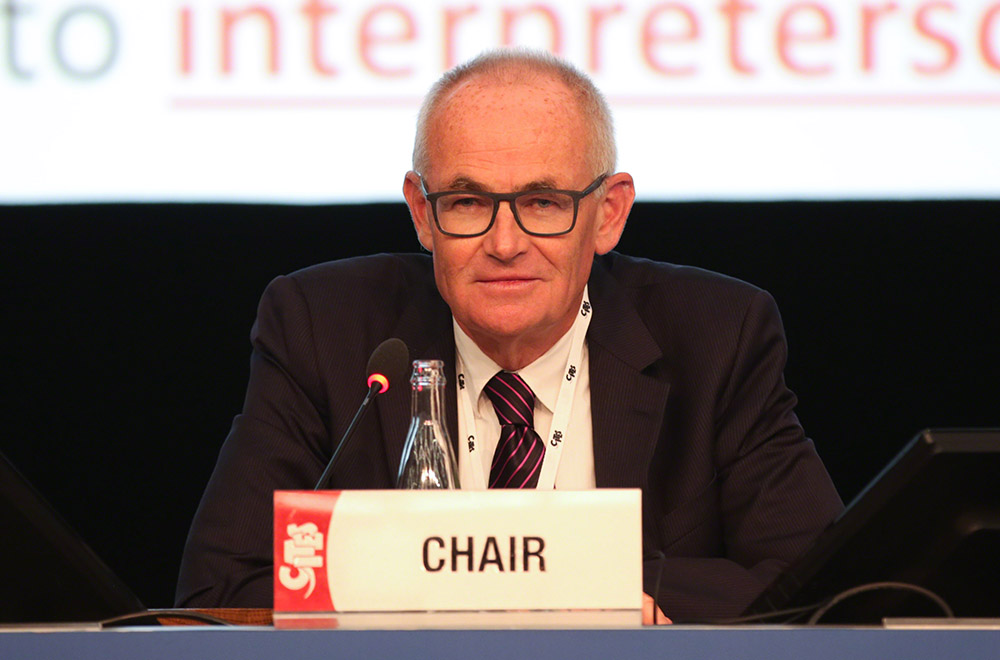
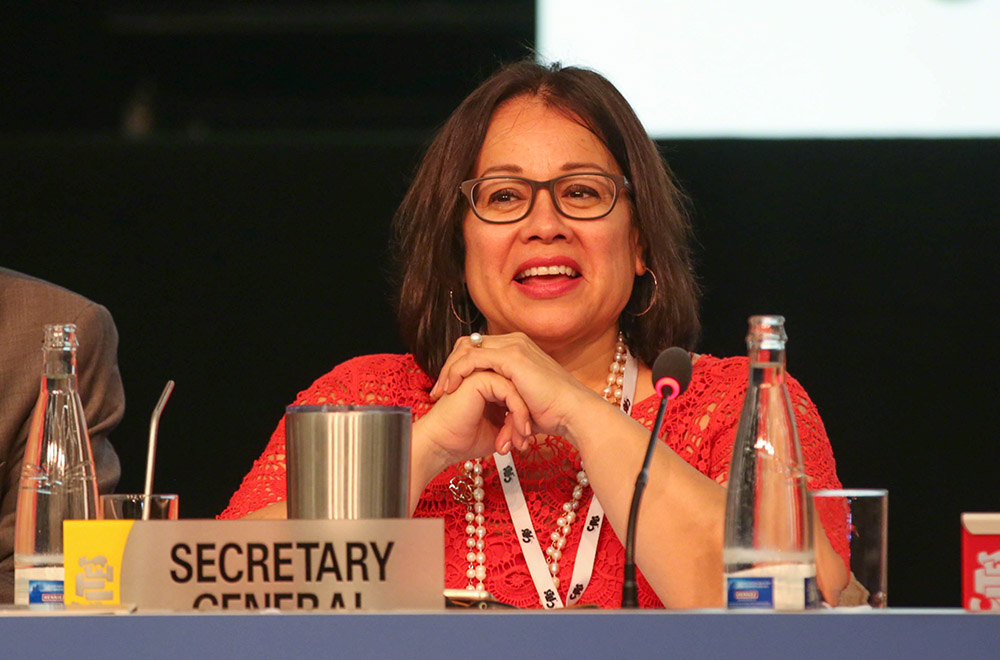
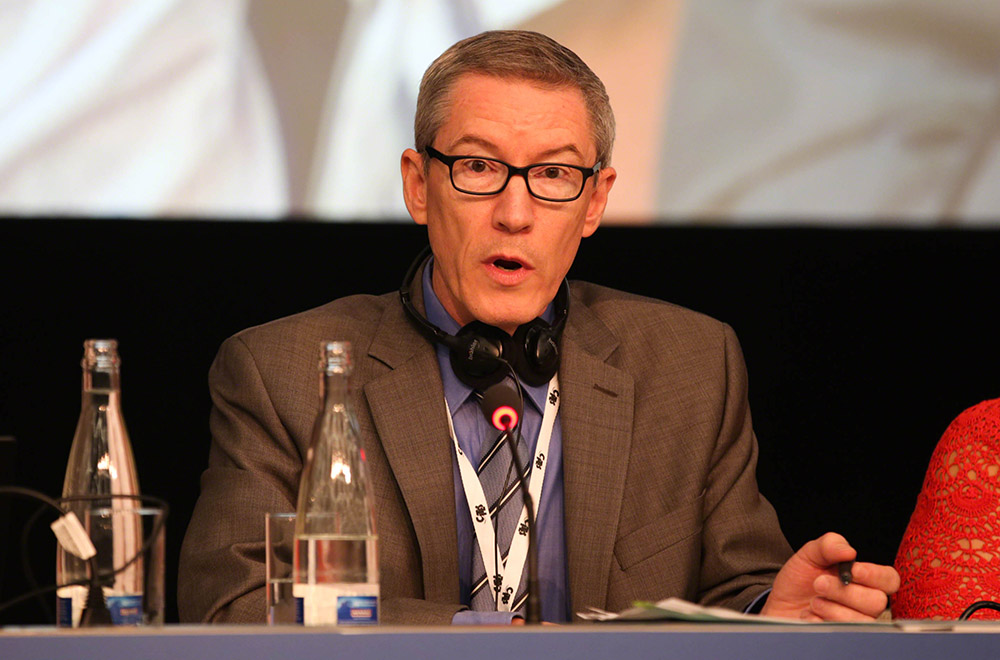
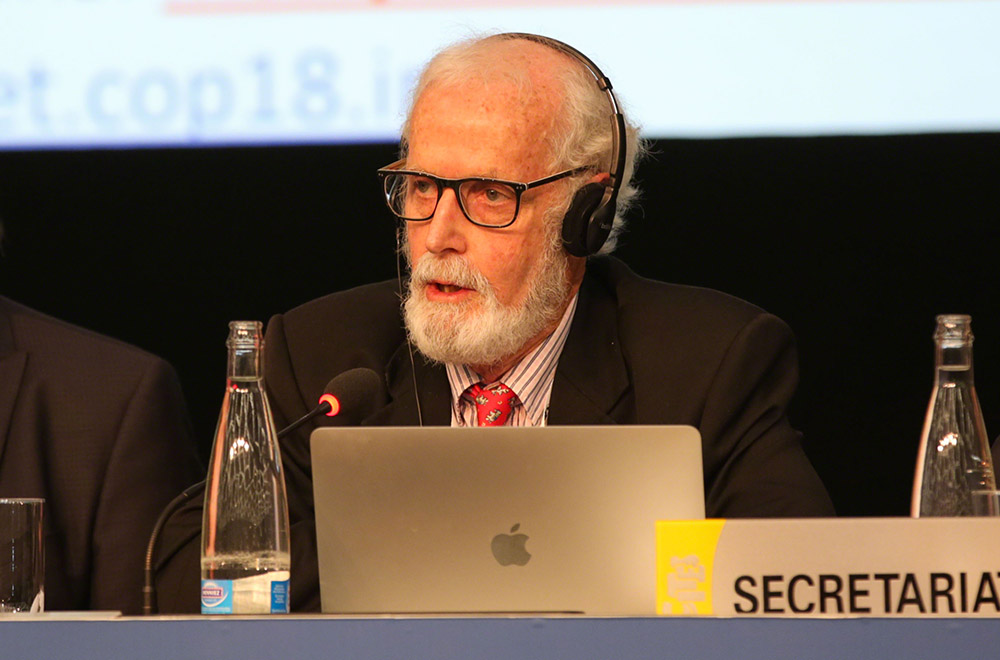
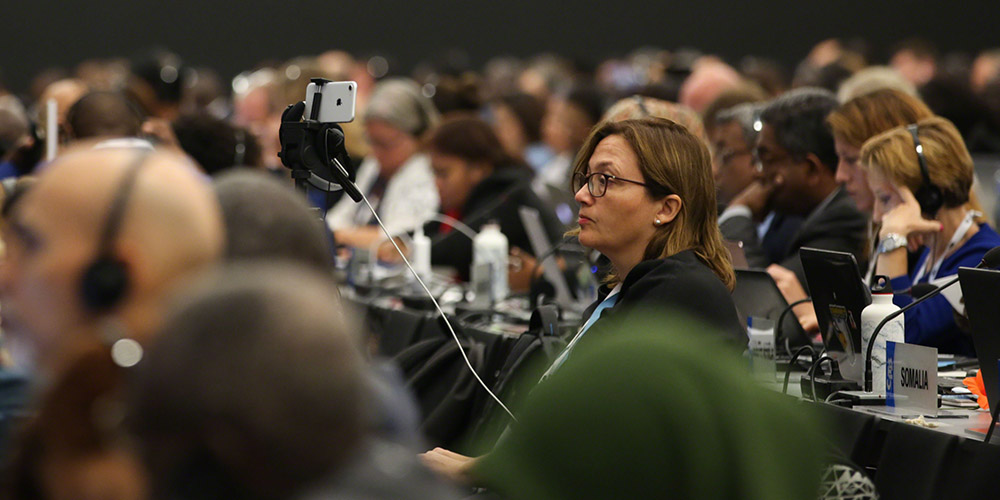
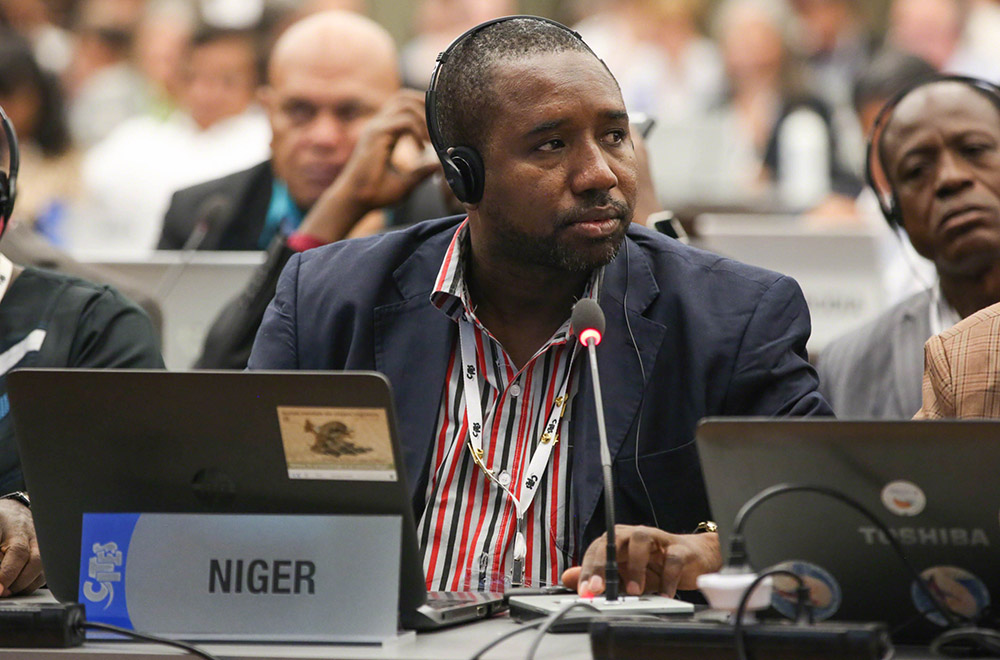
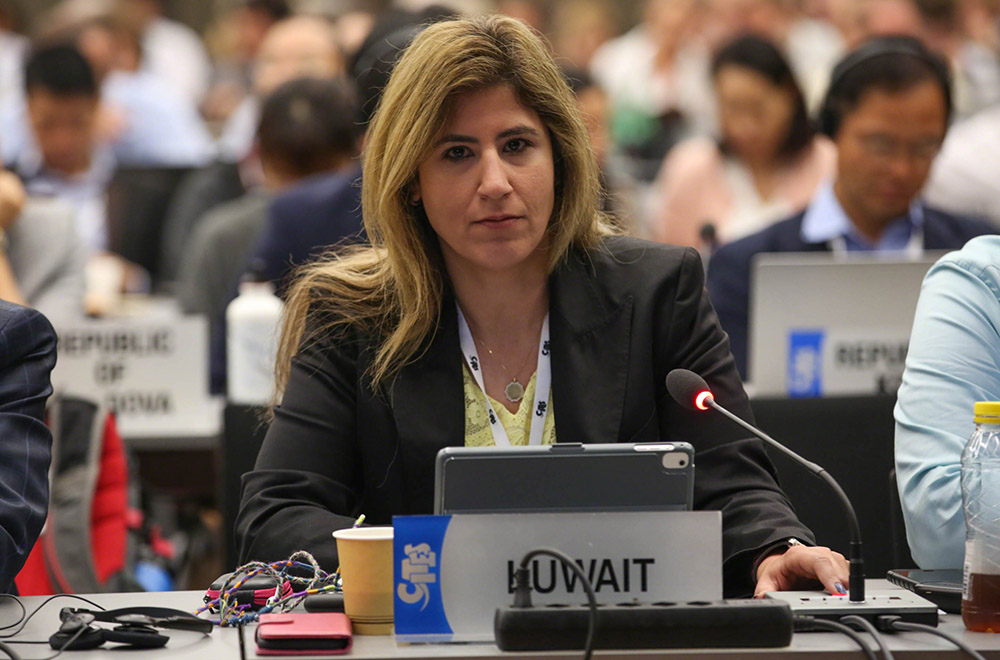
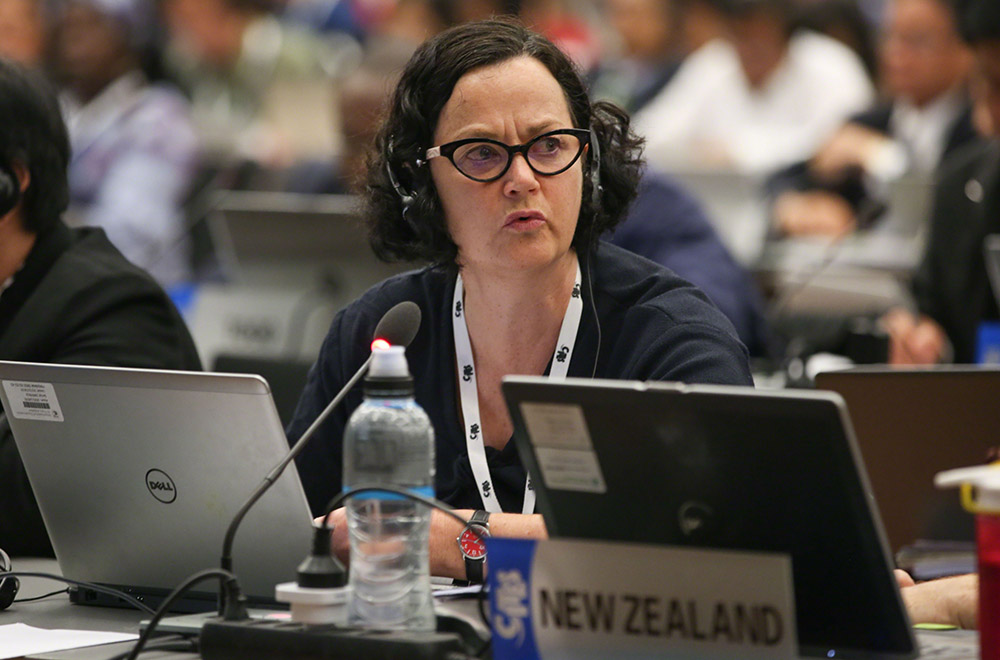
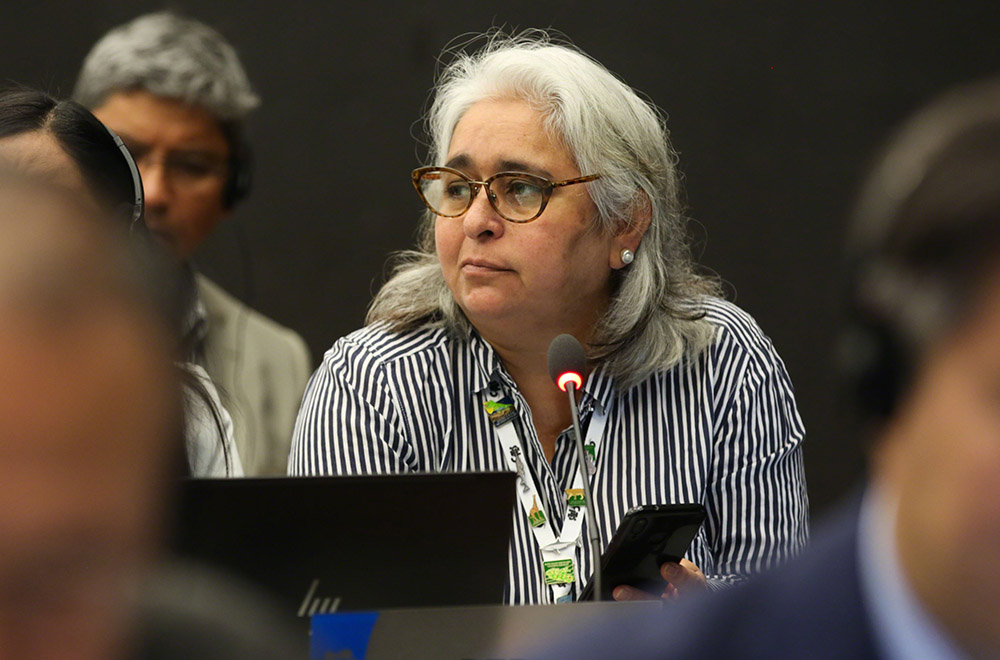
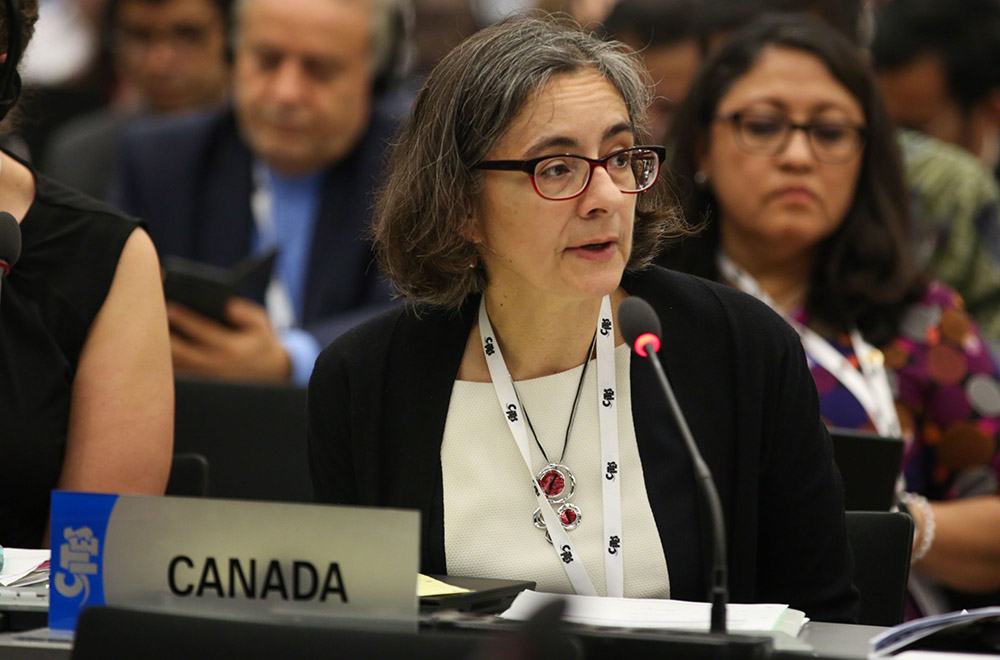
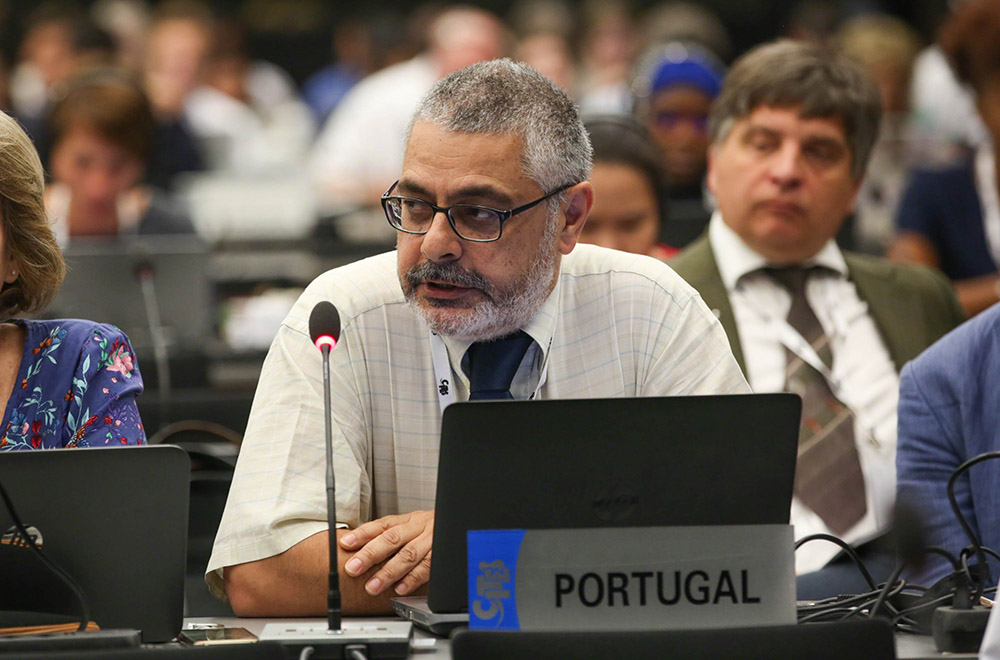
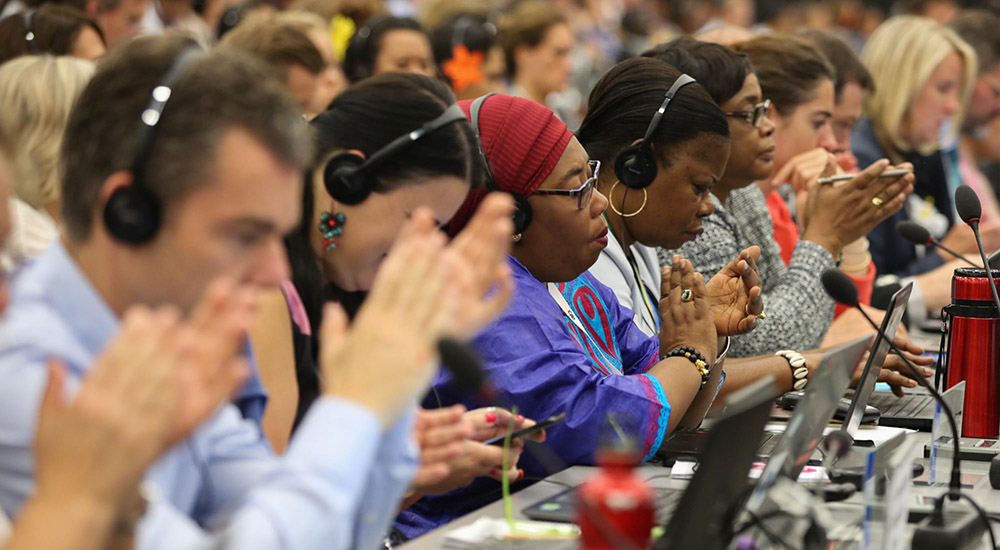
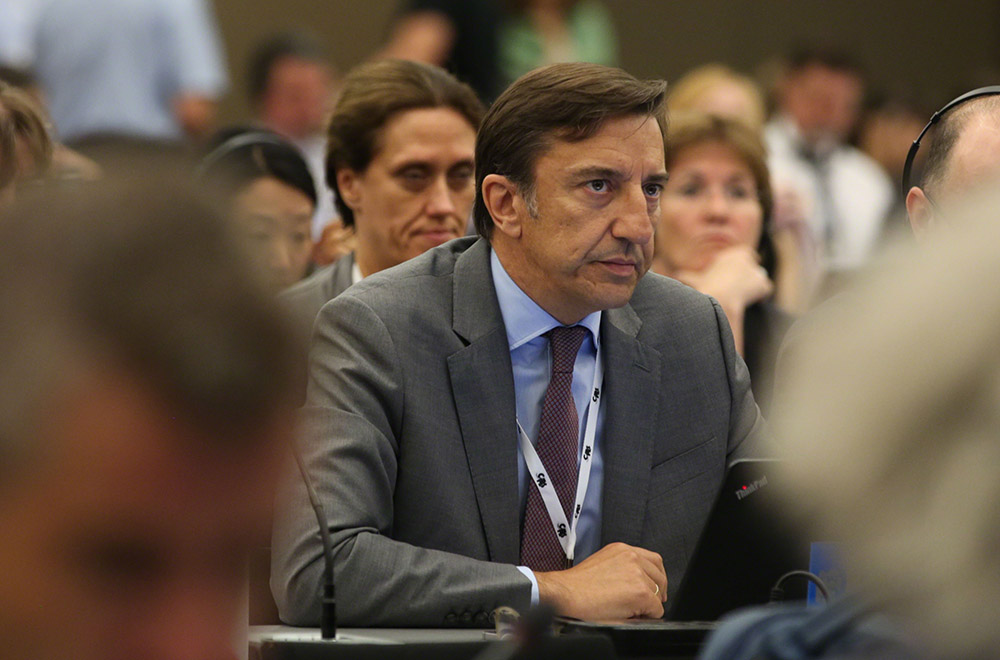
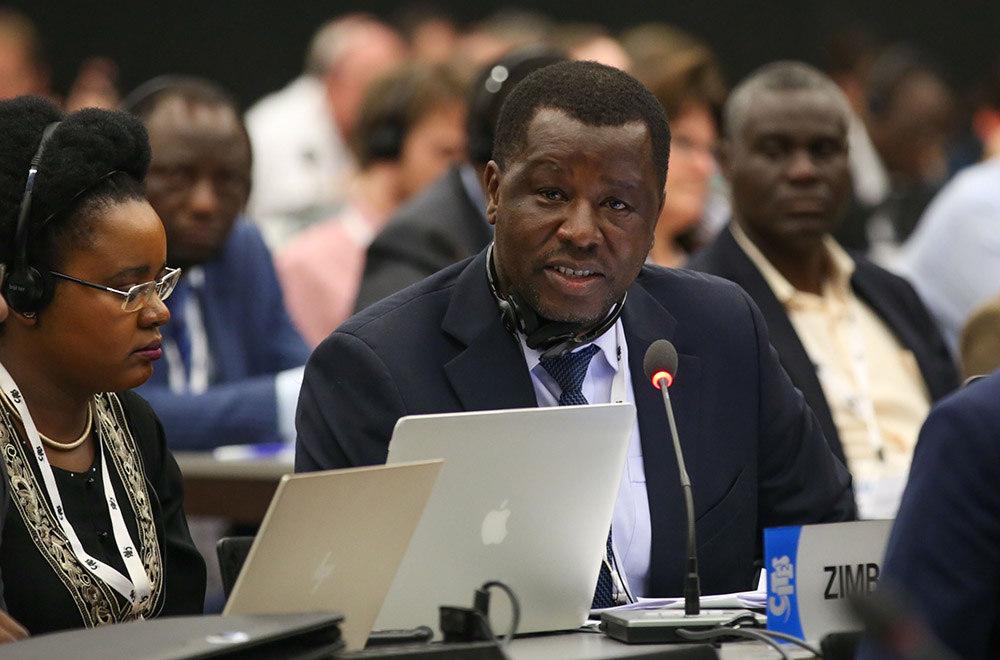
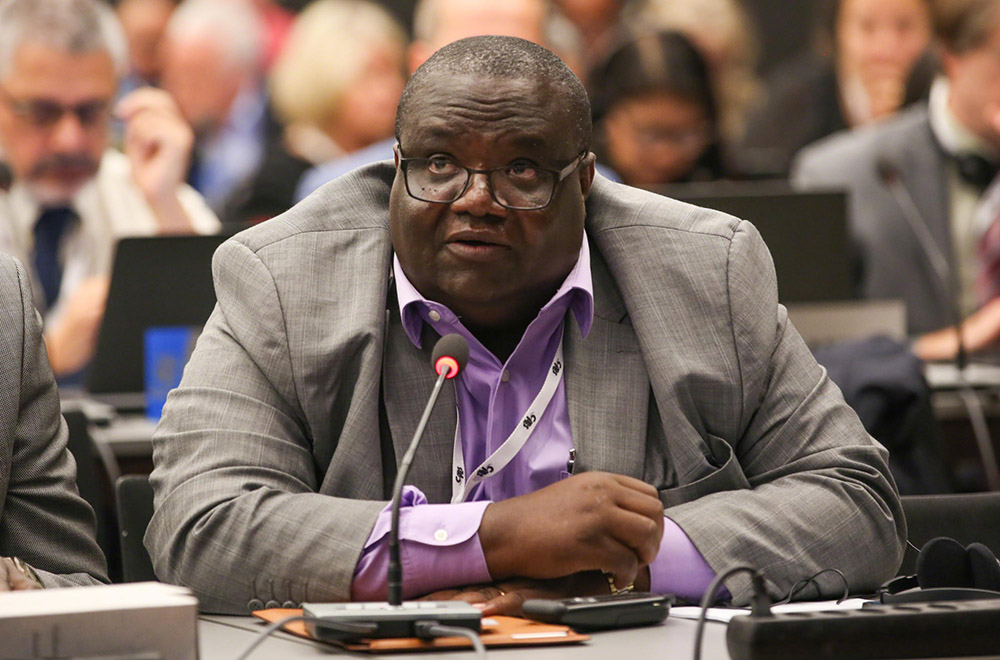
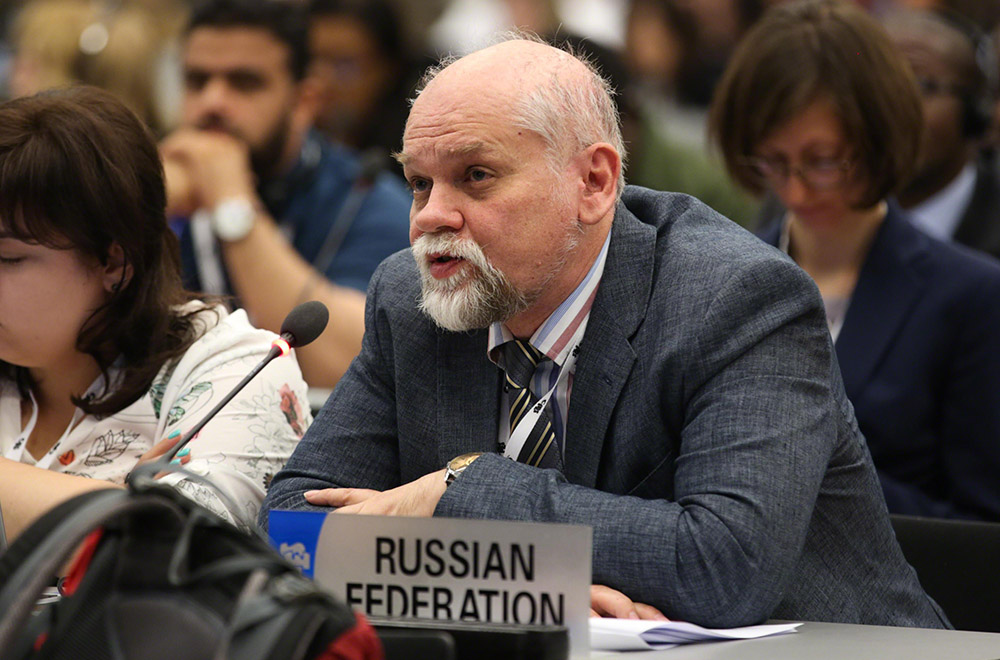
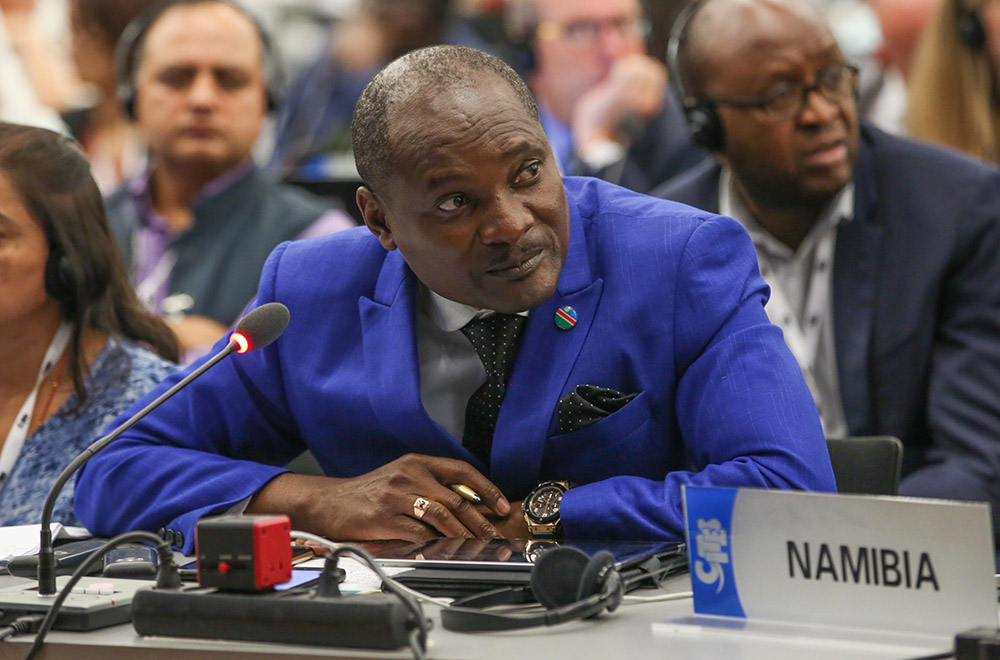
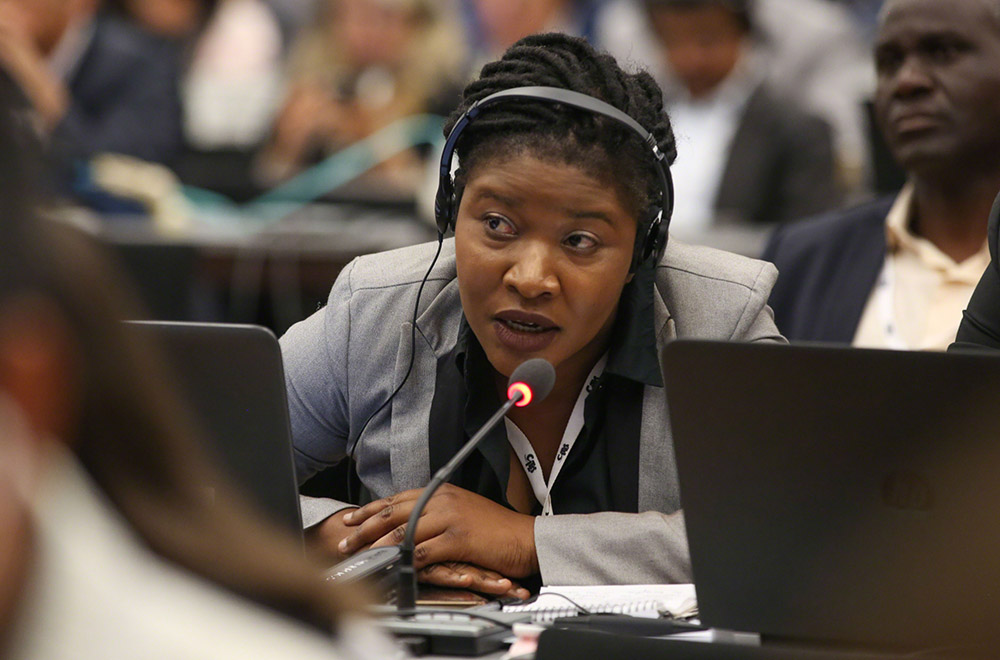
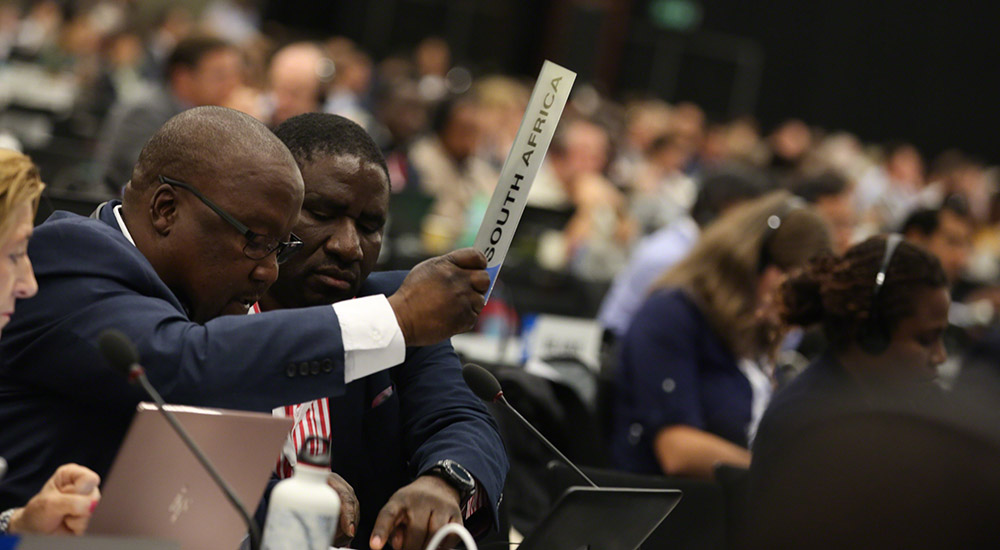
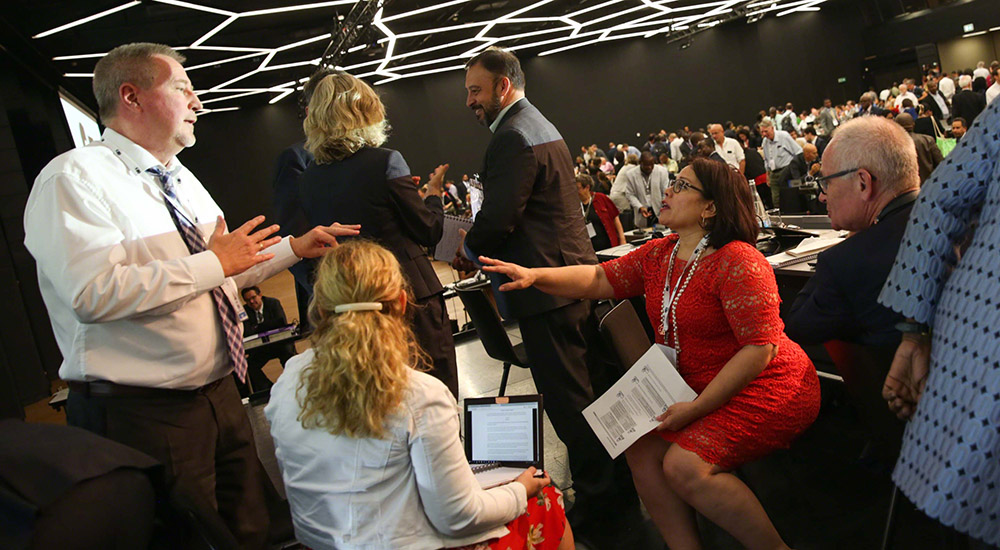
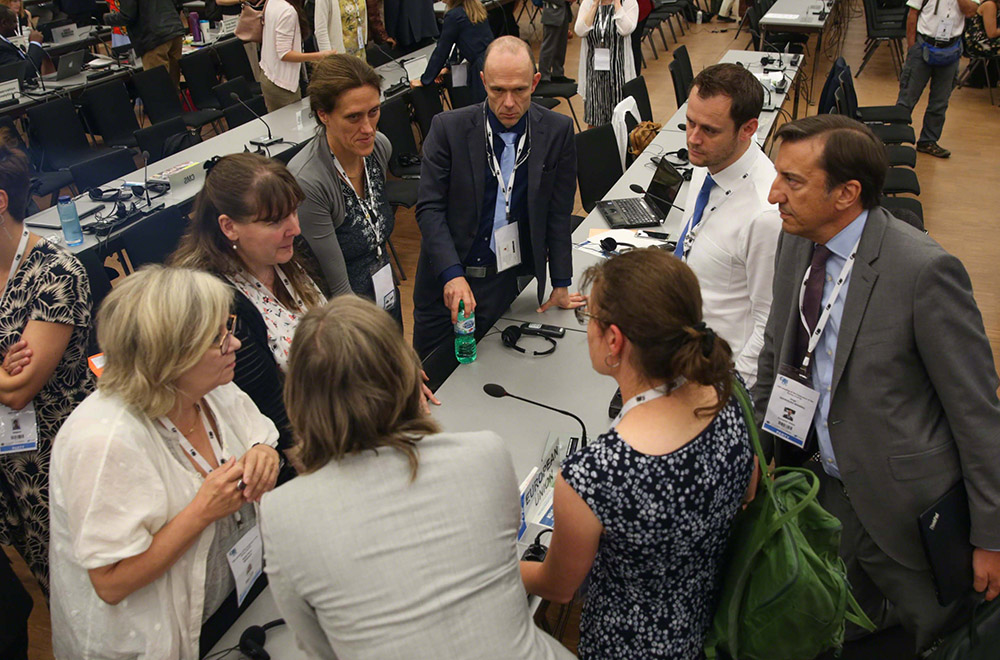
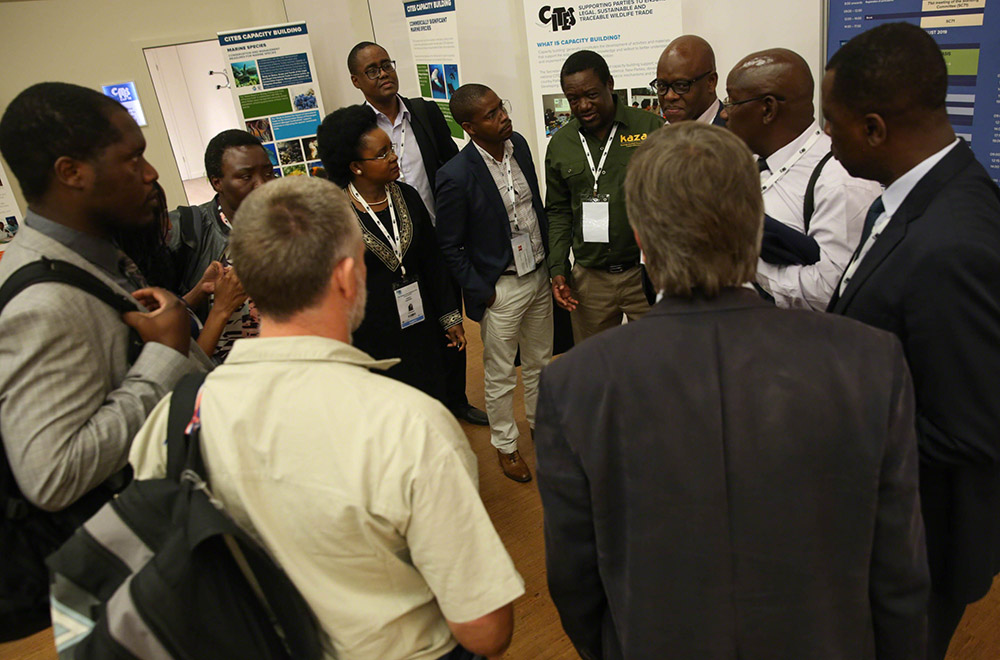
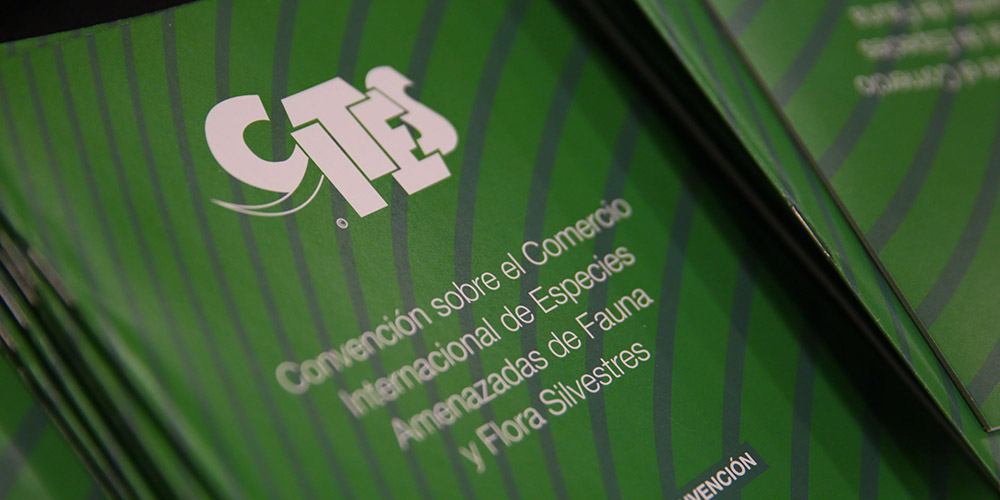
Afternoon Plenary
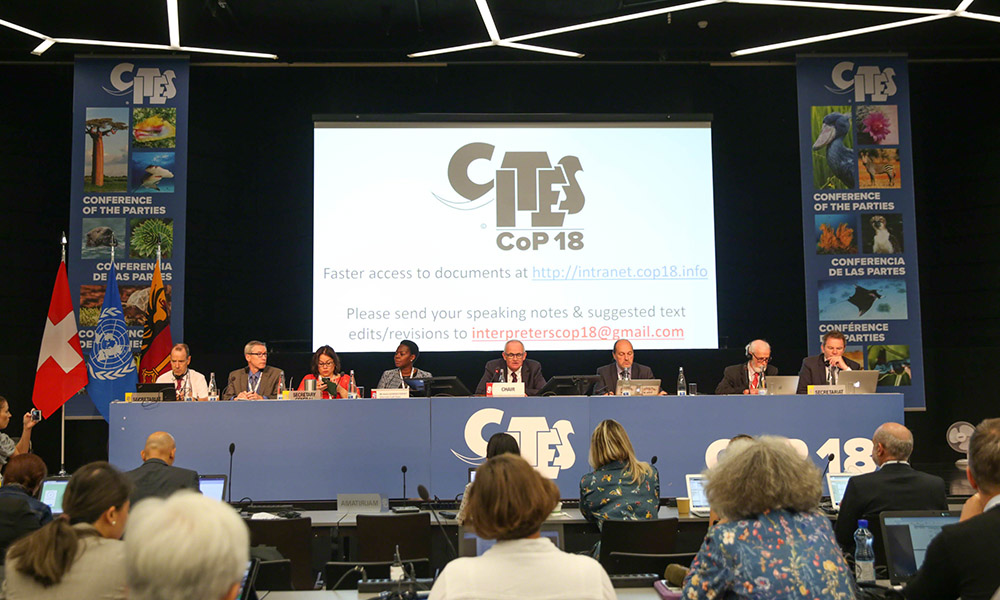
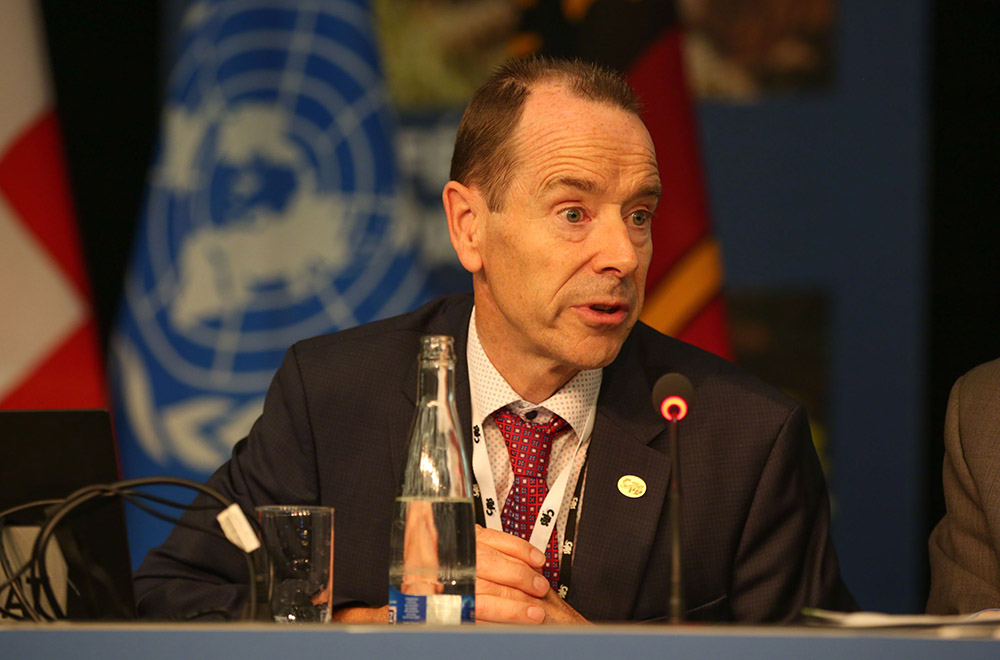
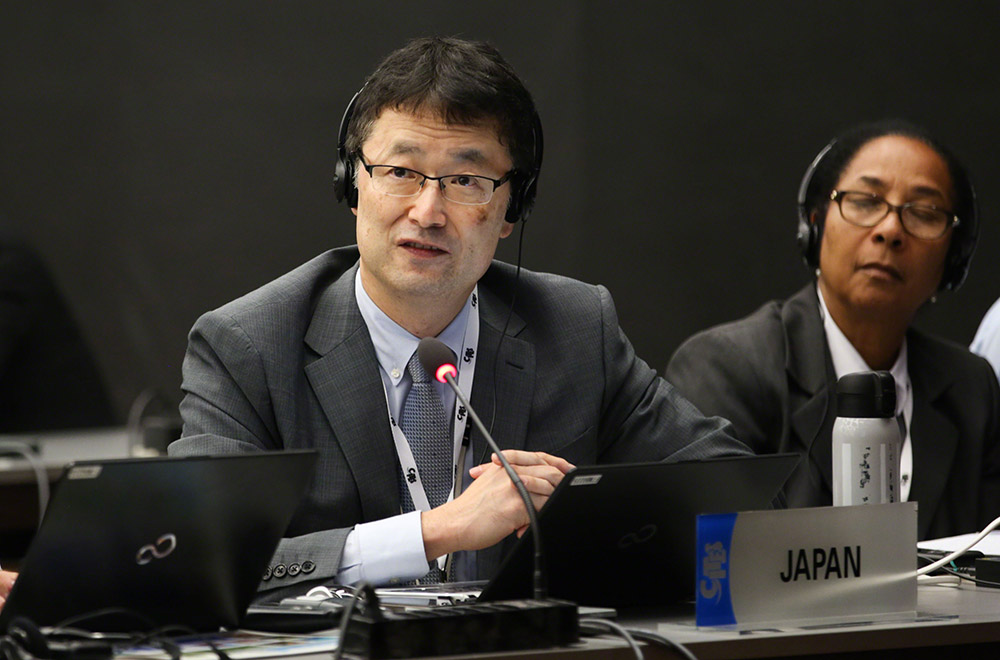
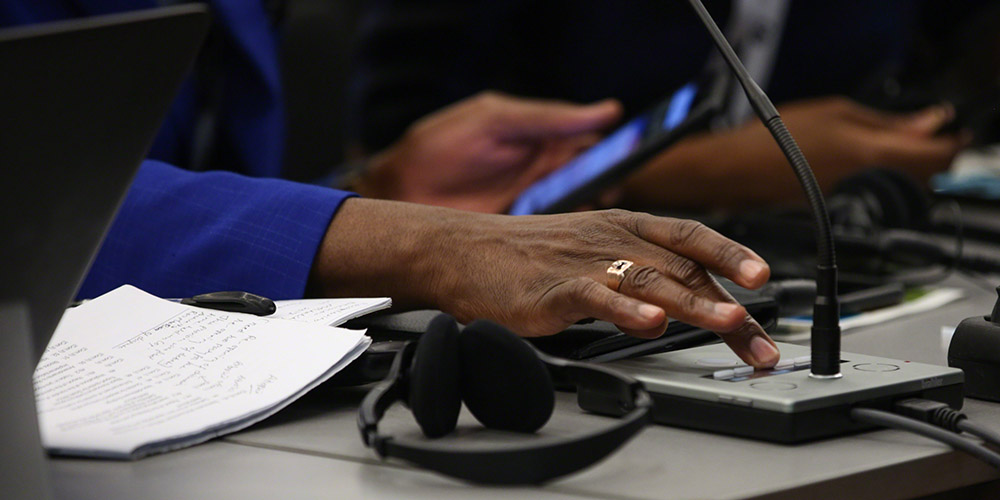
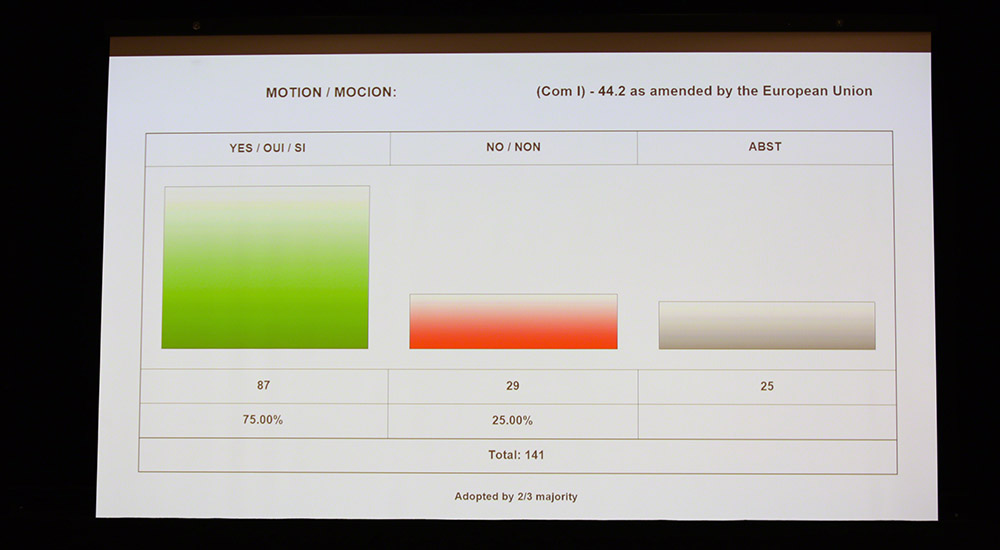
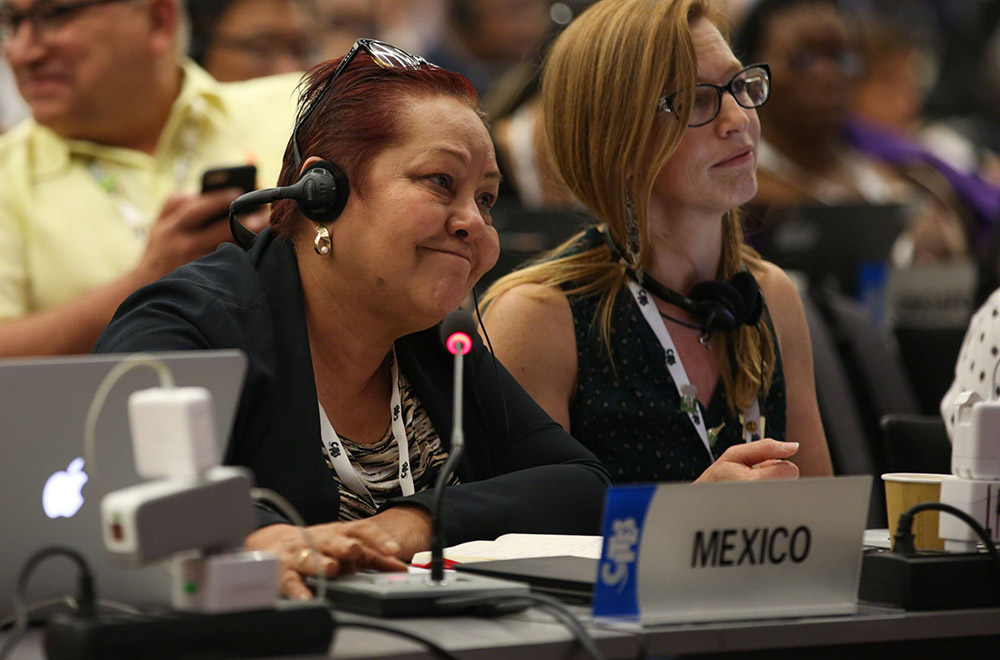
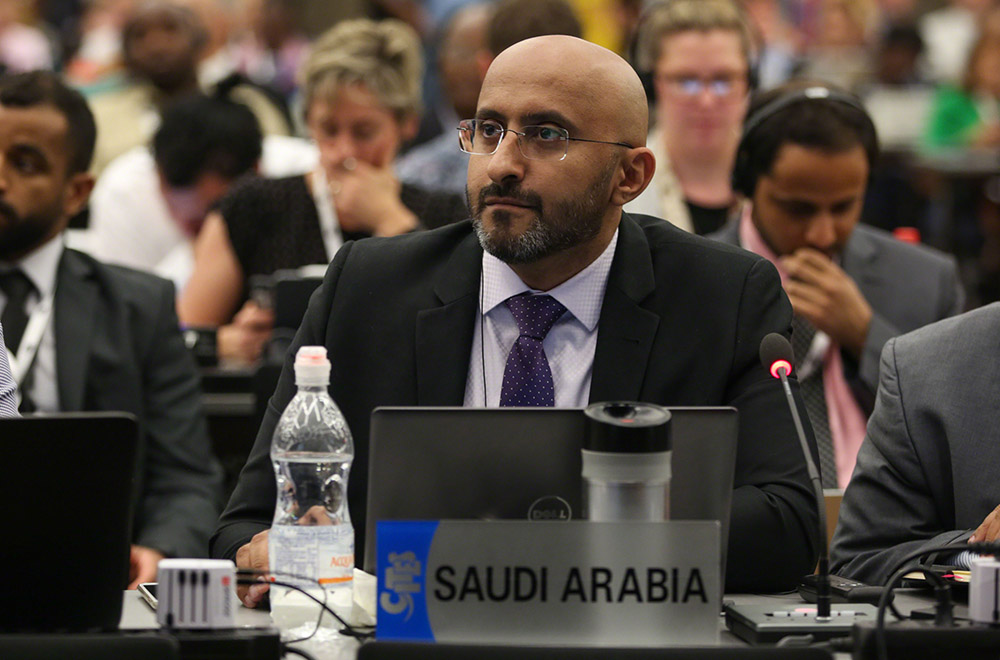
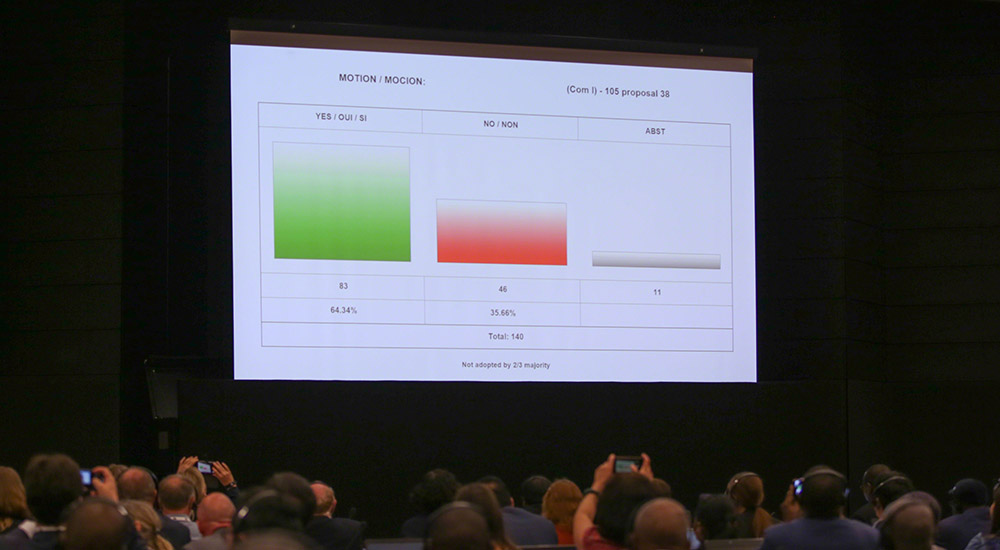
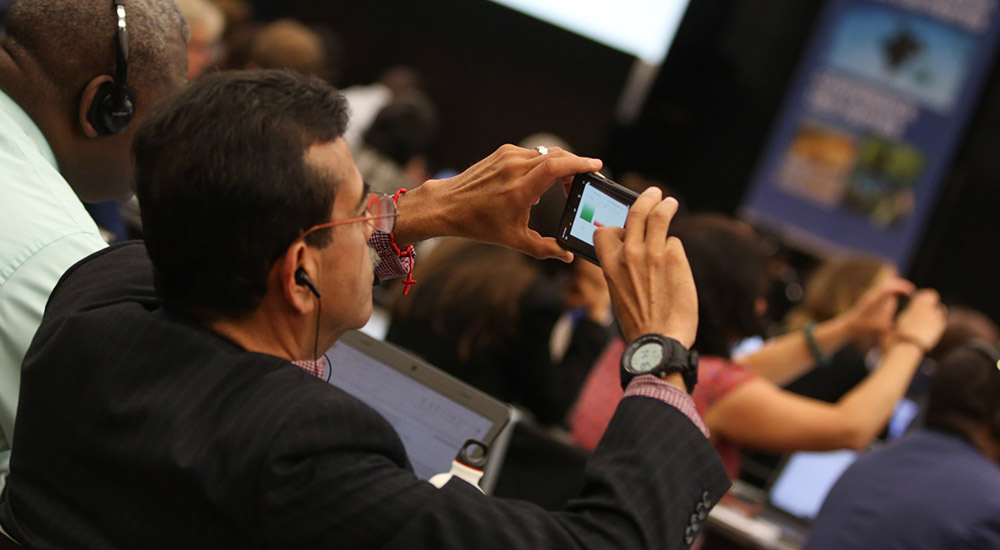
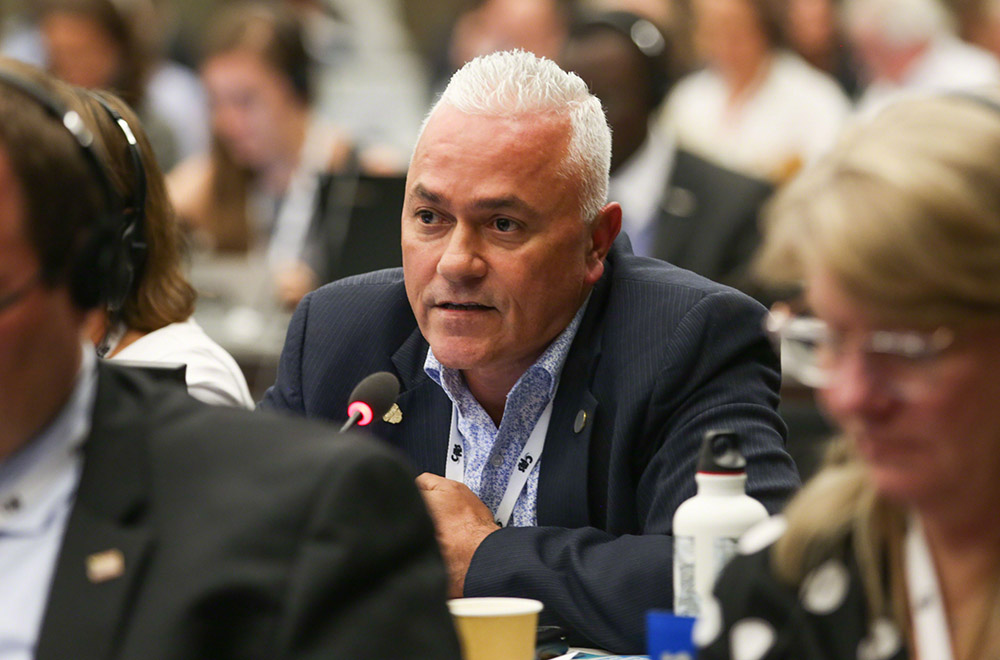
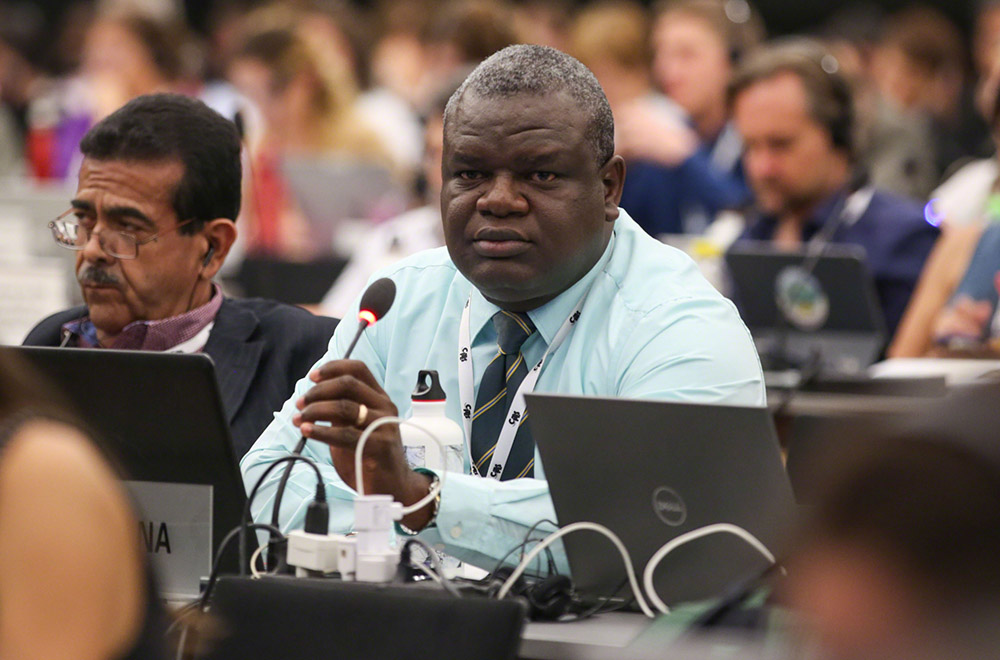
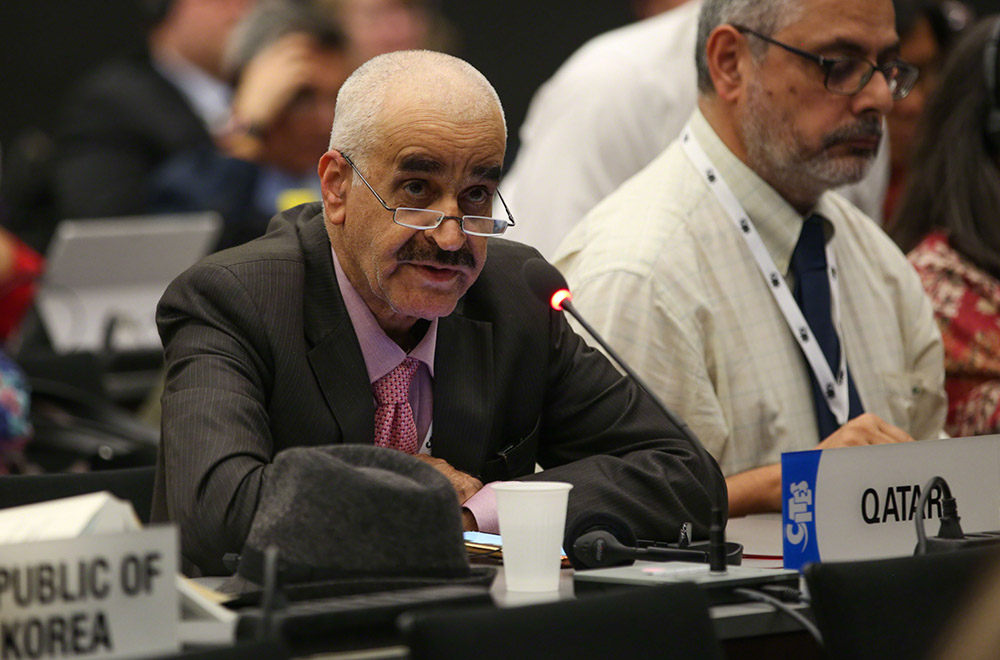
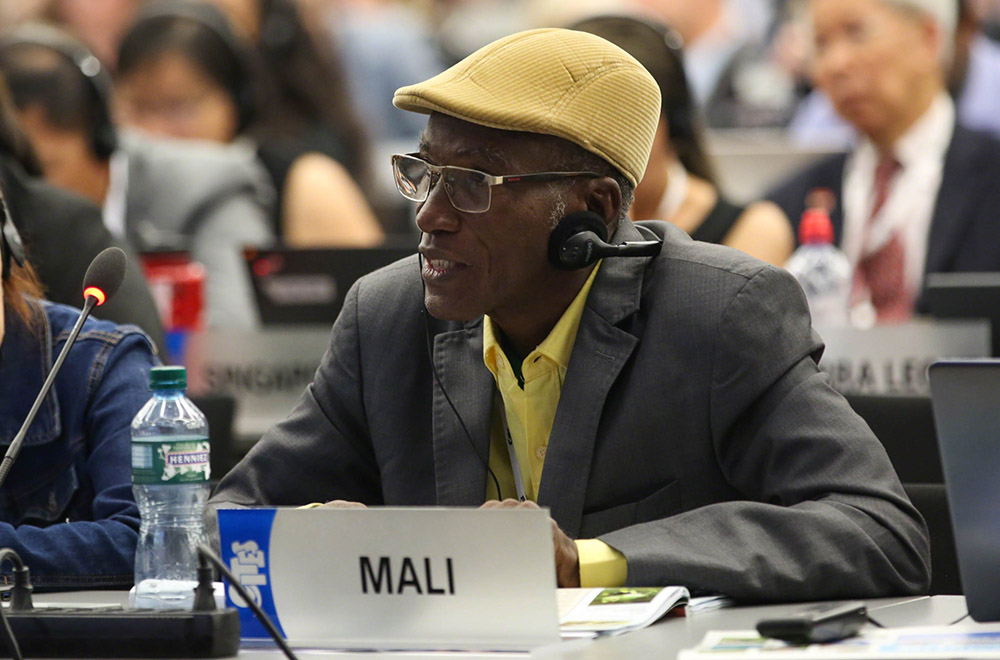
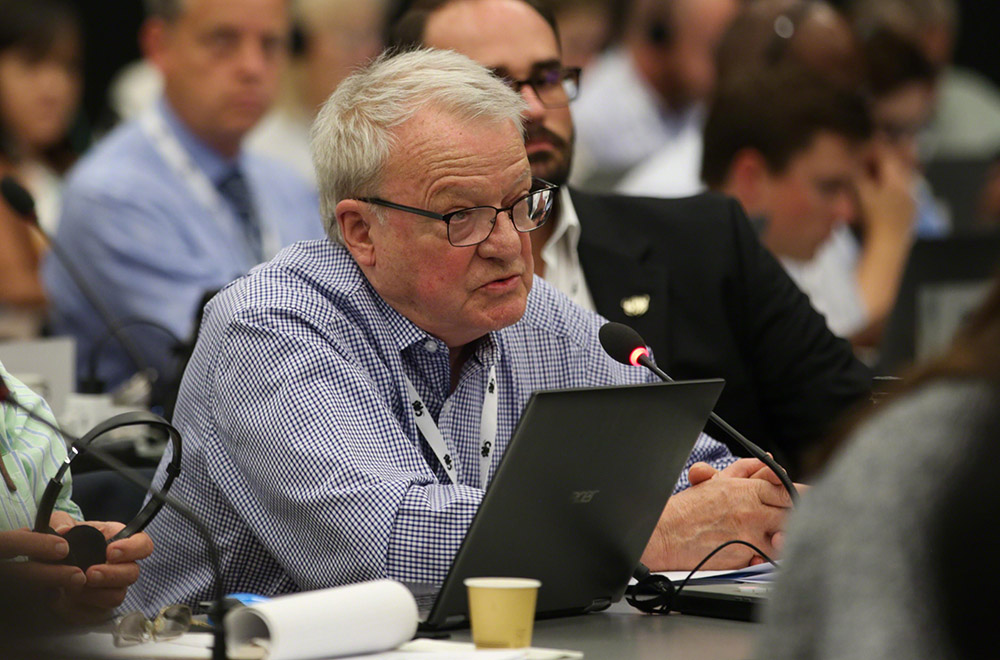
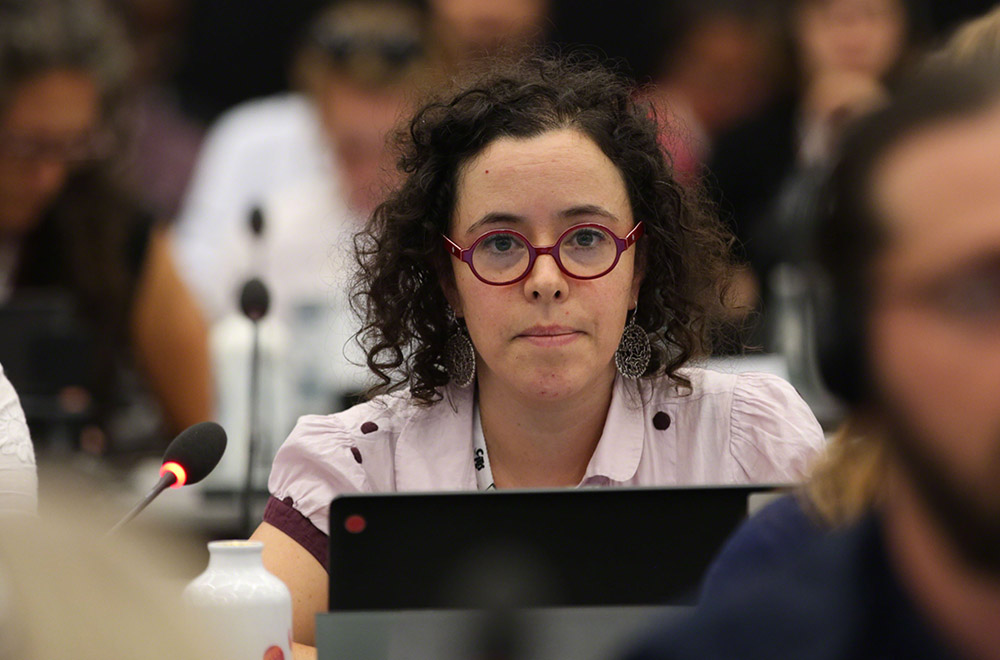
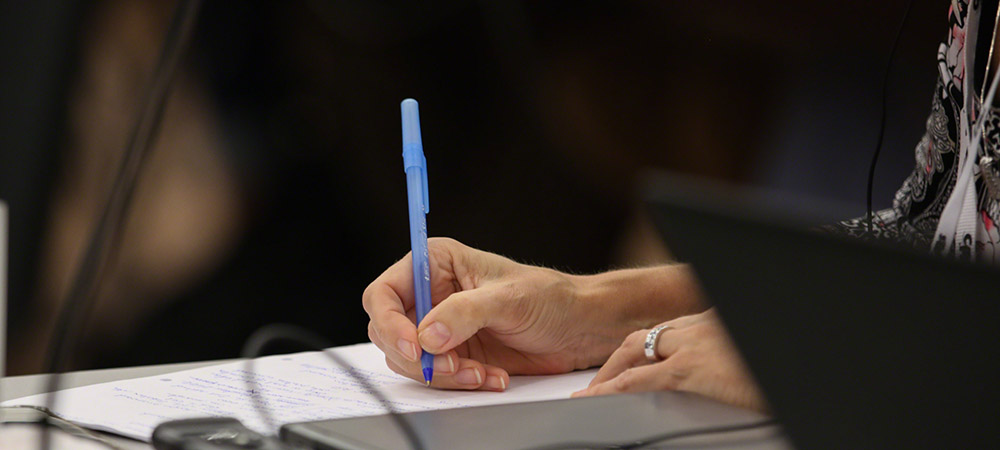
Around the Venue
